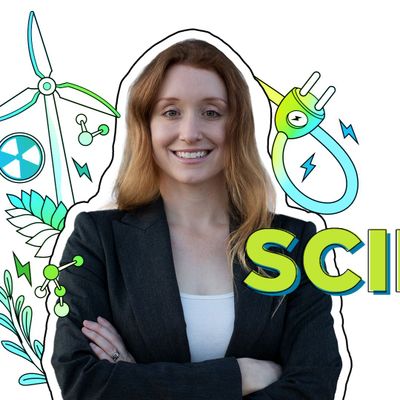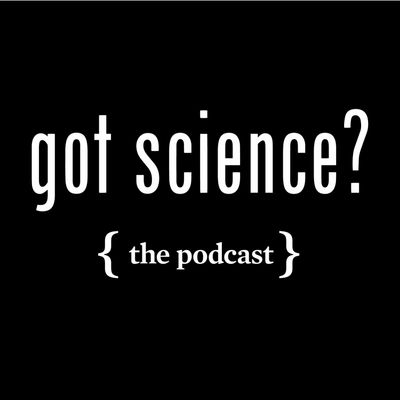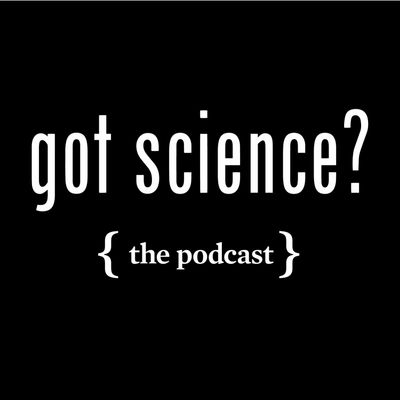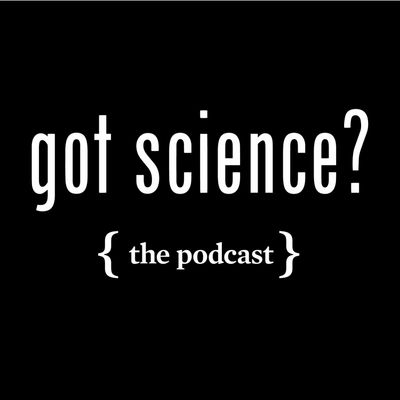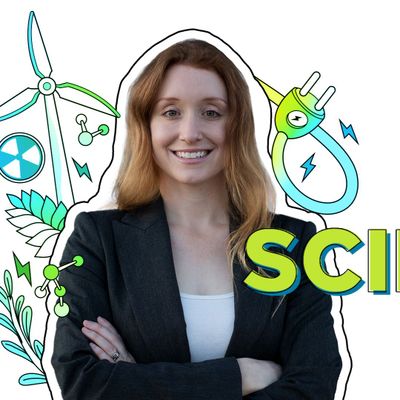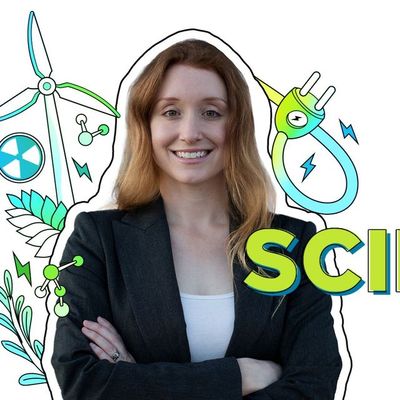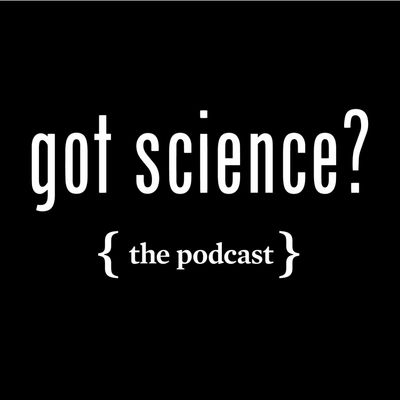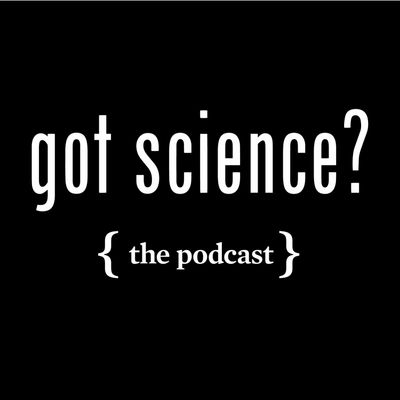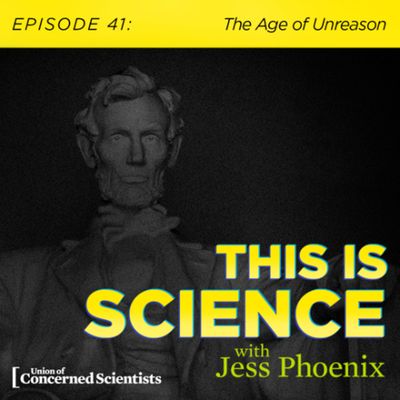
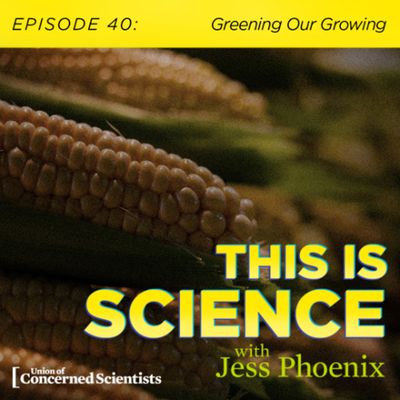
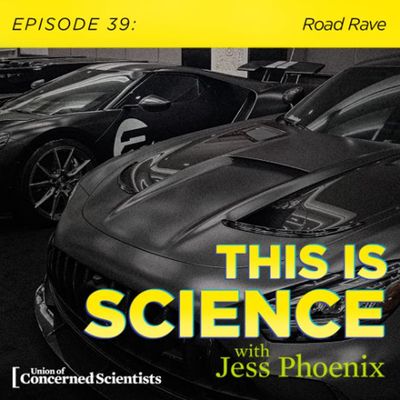
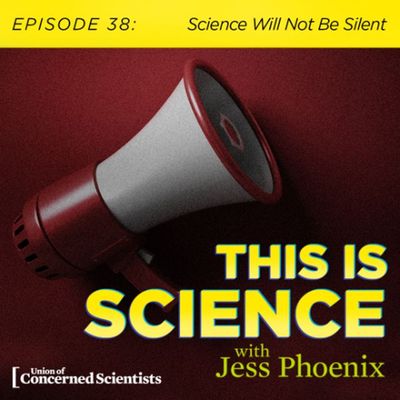
Science Will Not Be Silent
The 2024 election results are sending shockwaves through the scientific community, but we haven’t been caught flat-footed. Jess talks with Dr. Christopher Williams, political scientist with the Center for Science and Democracy at the Union of Concerned Scientists about what we might see in the coming months, and more importantly: what we’re going to do to make sure science keeps saving lives.
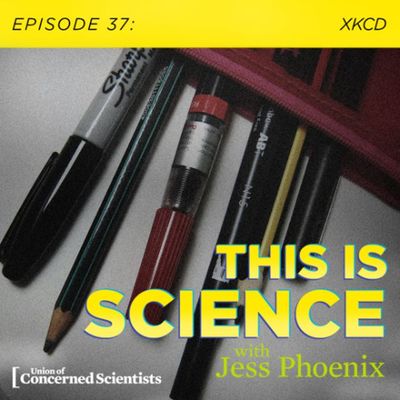

Spooky, Scary Skeletons
We all know dinosaurs are extinct, but their demise is definitely a scary story with implications for us all during this spooky season. Jess gives out treats as she talks with Dr. Ken Lacovara, renowned paleontologist and discoverer of the world’s largest dinosaur about the fate of the dinos, the fate of our planet, and a revolutionary new museum in New Jersey where the two collide.
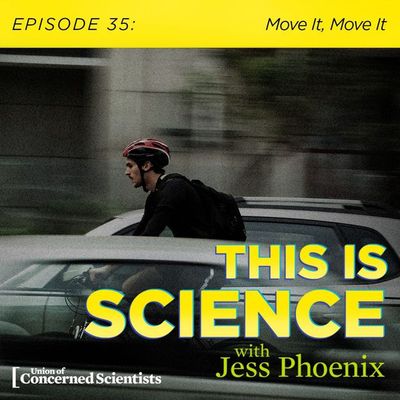
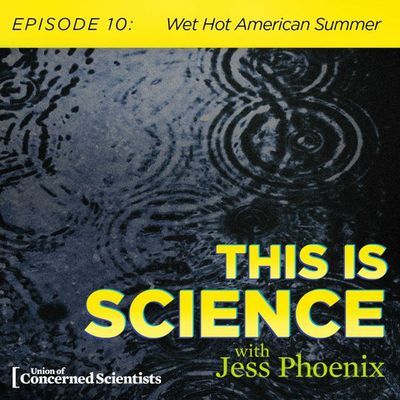
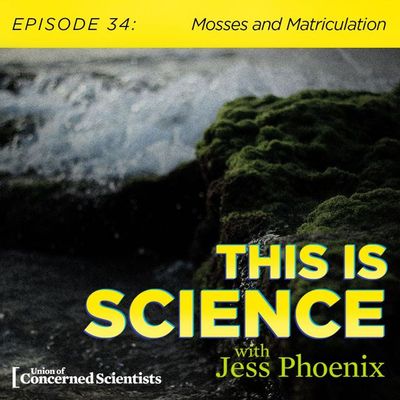
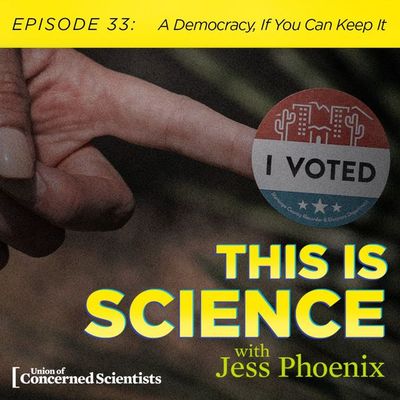
A Democracy, If You Can Keep It
A new report using voting precinct-level data uncovers key information about who is actually voting in our elections, and who our current democratic process is leaving behind. Jess talks with UCS scientist and report author Dr. Liza Gordon-Rogers about what this means for the 2024 elections.
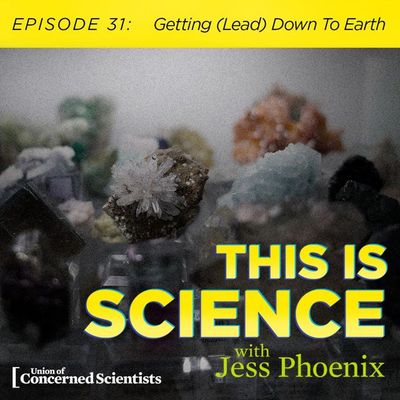
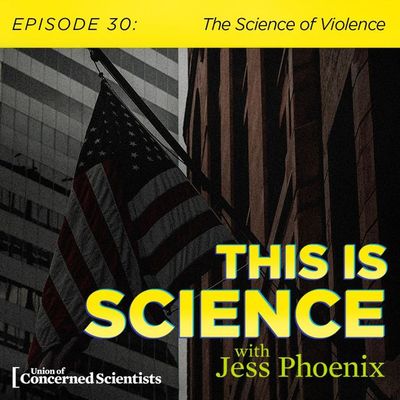
The Science of Violence
After the recent assassination attempt on former President Trump, Jess talks with Dr. Garen Wintemute, Director of the Violence Prevention Research Program at the University of California - Davis, about the science of political violence and what we can do to stop it. This episode discusses difficult topics like gun violence and mentions suicide, so please take note.
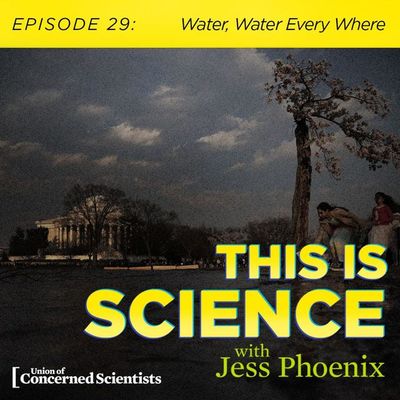
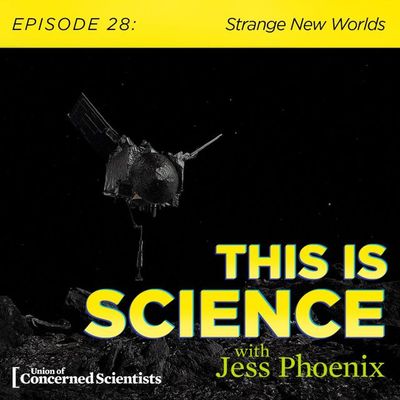
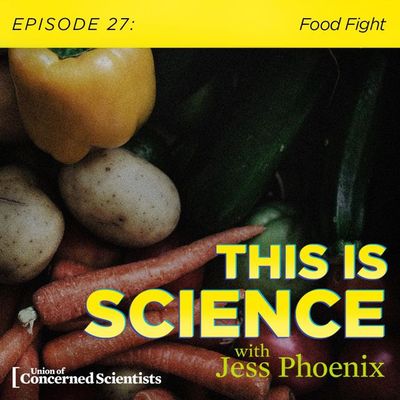
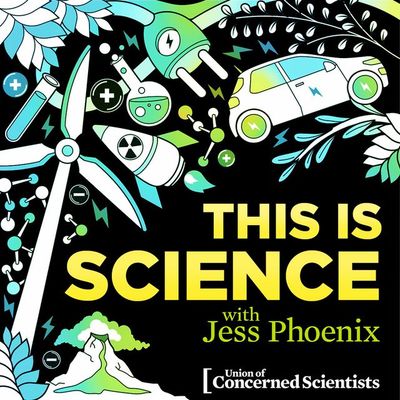
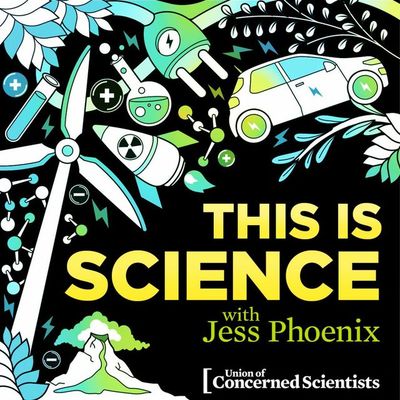
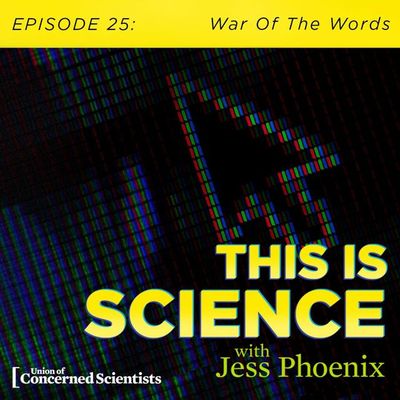
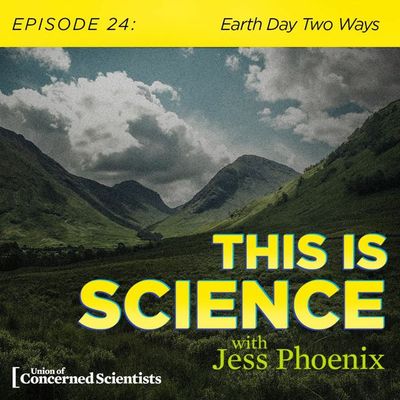
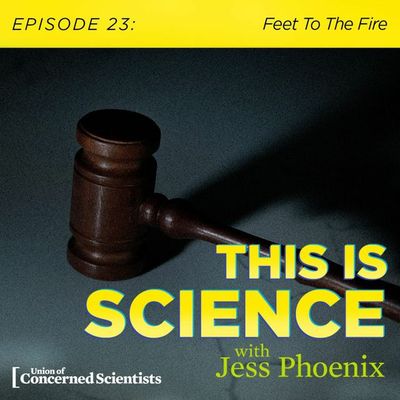
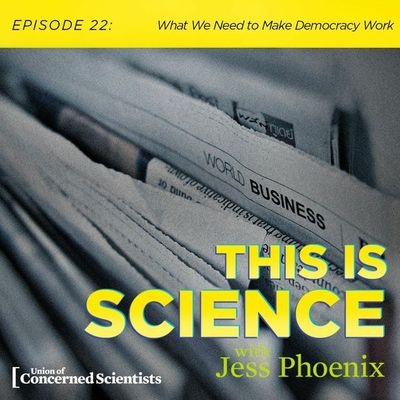
What We Need to Make Democracy Work
Longtime Washington journalist Jesse J. Holland talks with Jess about changes in journalism and communicating science in the age of social media and “alternative facts,” and what we can expect as the 2024 US election cycle swings into gear. This is the second episode in UCS’ ongoing 2024 election cycle coverage.
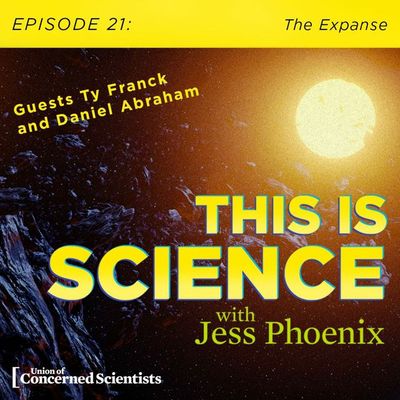
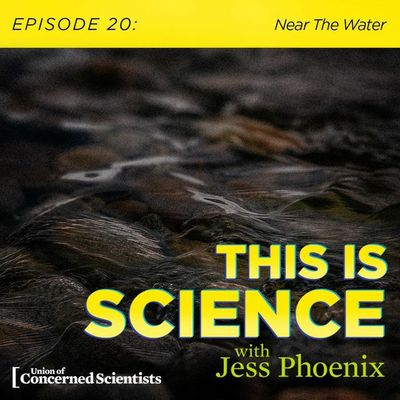
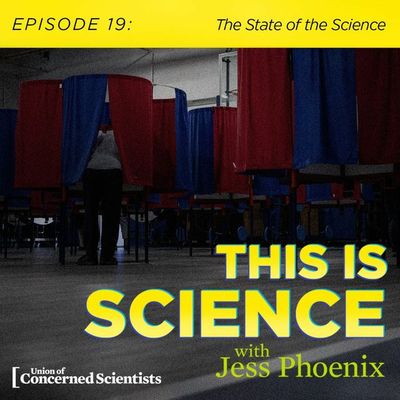
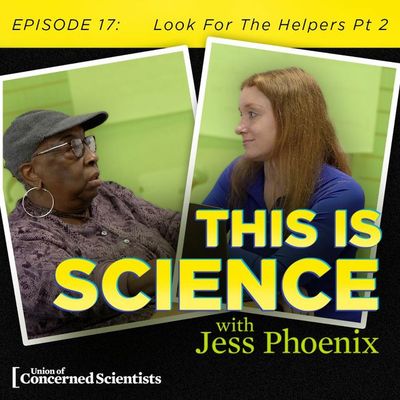
Look For The Helpers - Part 2
In the second part of this special Clean Transportation mini-series Jess visits the West Oakland Environmental Indicators Project to talk with co-founder and co-director Ms. Margaret Gordon about local health and environmental impacts of - and solutions to - living next to one of the nation's busiest shipping ports.
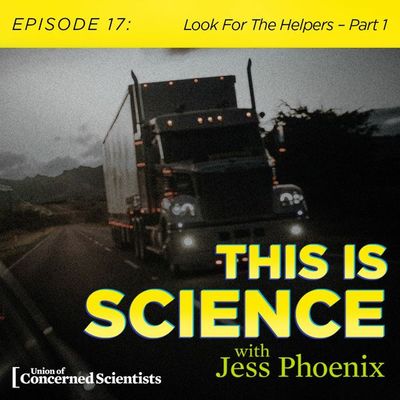
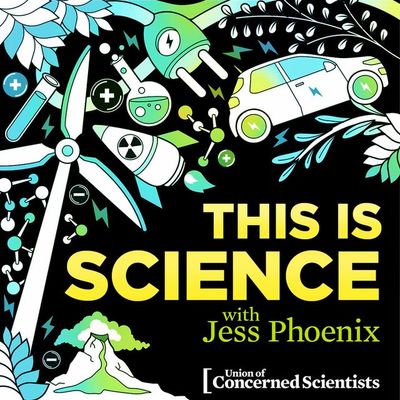
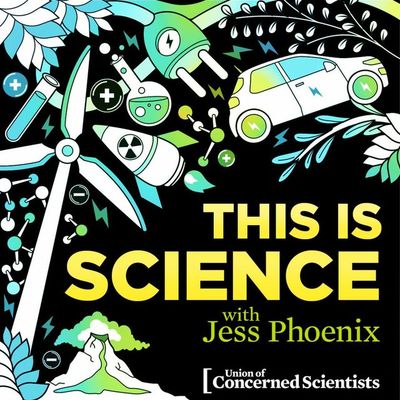
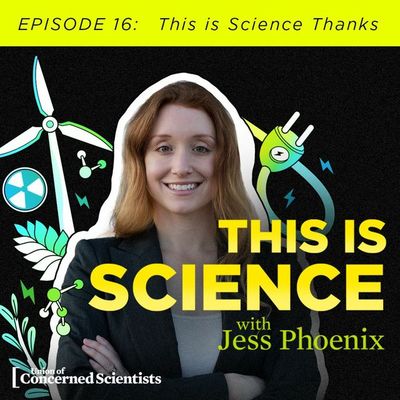
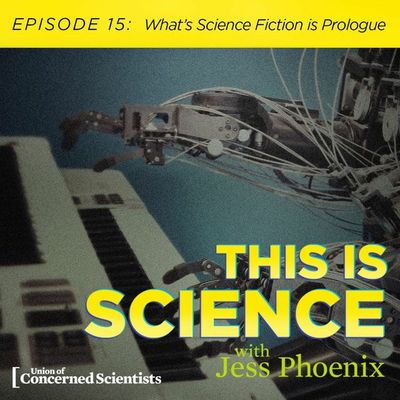
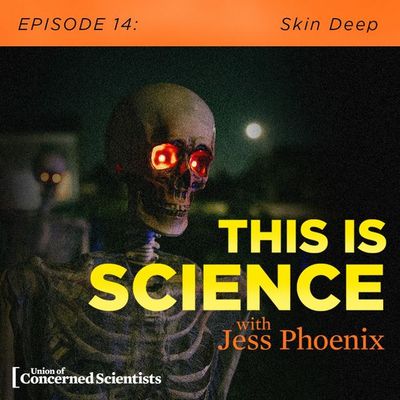
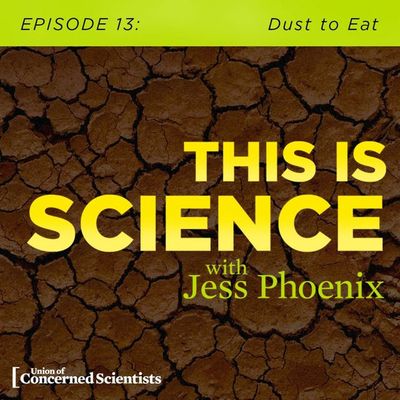
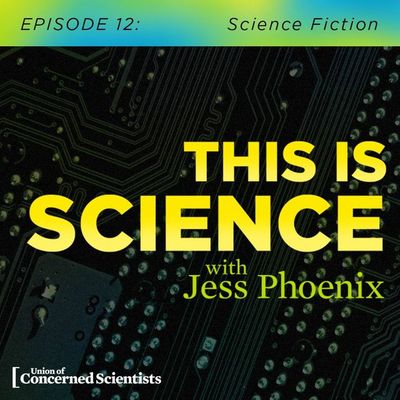
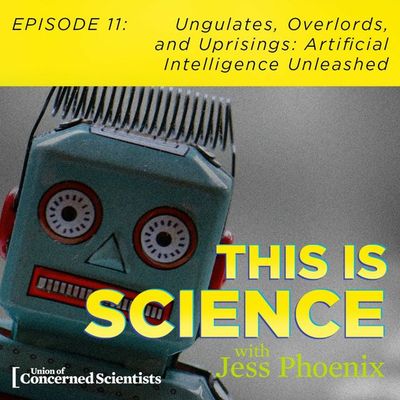
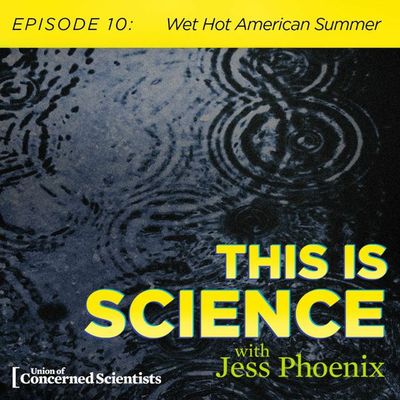
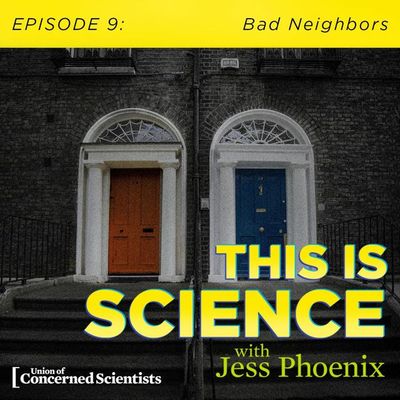
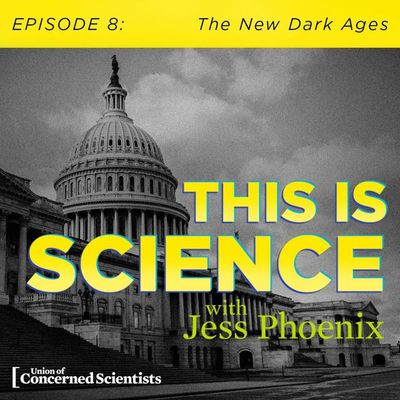
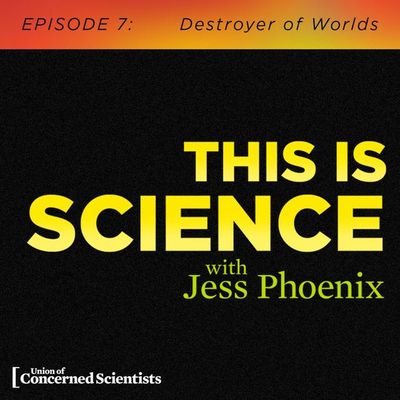
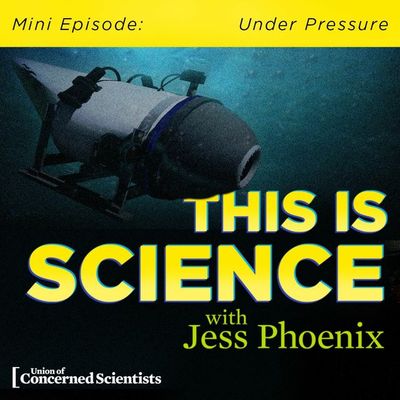
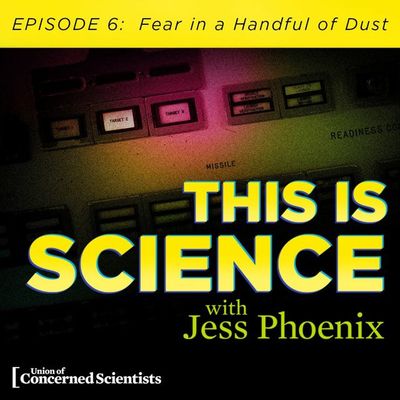
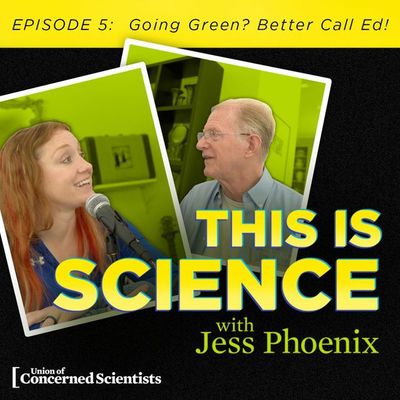
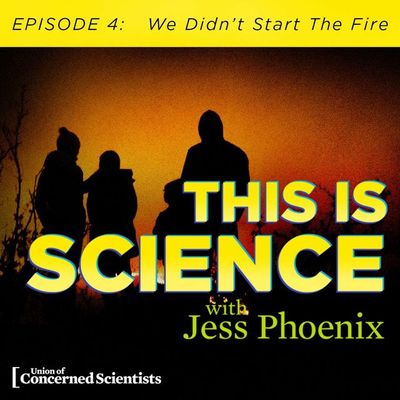
We Didn't Start The Fire (But We Know Who Did)
UCS scientists have linked fossil fuel companies to the explosion of wildfires in the west. Jess talks with lead study author Kristy Dahl and climate law attorney Jessica Wentz about what this information means for holding corporations accountable for climate destruction.
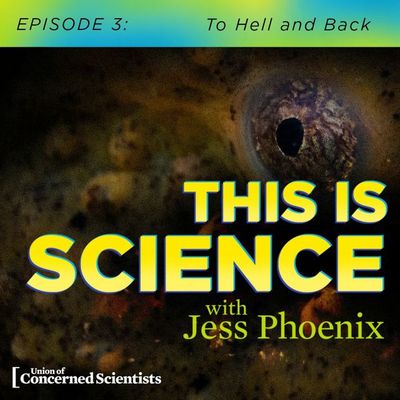
To Hell And Back
Jess investigates what connects giant salamanders, community organizing, and fracking via a conversation with journalist Annie Roth and biologist Justin Grubb, creators of the documentary film "Hellbent." Rights of nature provides a unique legal framework for communities to protect vulnerable environments, and it's being tested in the courts right now.
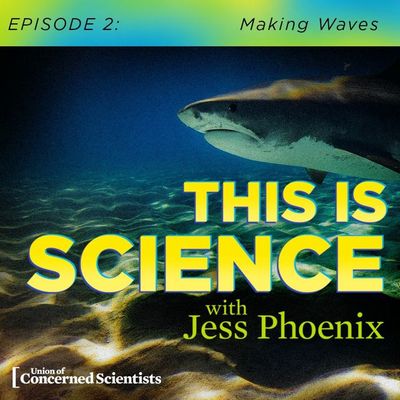
Making Waves
Jess is joined by Amani Webber-Schultz and Jaida Elcock, shark scientists and co-founders of the nonprofit organization Minorities In Shark Sciences. The conversation ranges from hammerhead shark anatomy to the UN High Seas Treaty, and the importance of diversity for innovation in science.
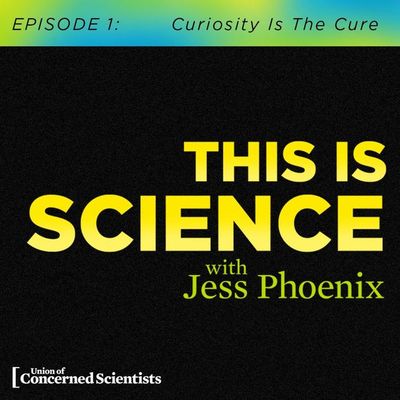
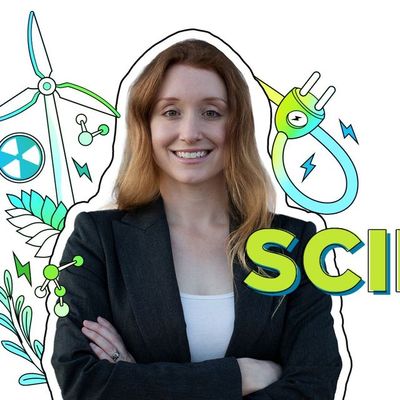
Ep. 25: ¿Quién quiere un auto eléctrico? Por lo visto, tú
Yazmín Alfonso de EVNoir y Andrea Marpillero-Colomina de GreenLatinos hablaron con Got Science sobre los resultados de una encuesta que mide el interés de la gente latina por los autos eléctricos y nos dan sus impresiones e ideas para ampliar el acceso equitativo.
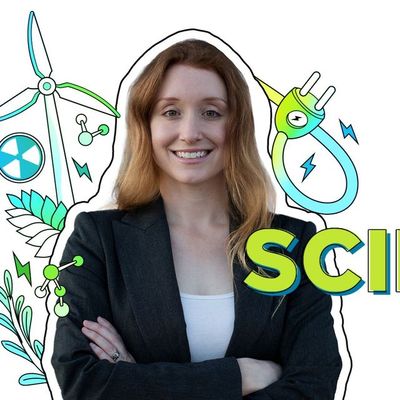
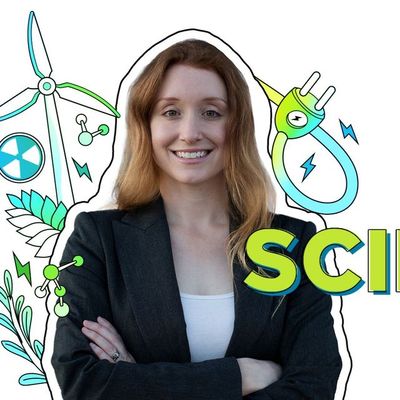
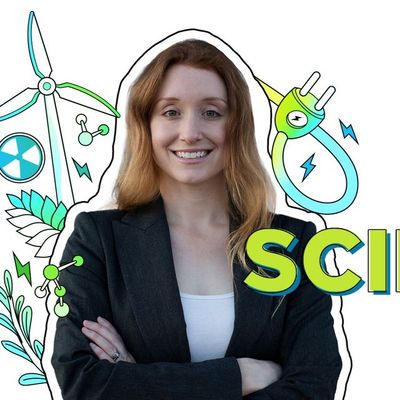
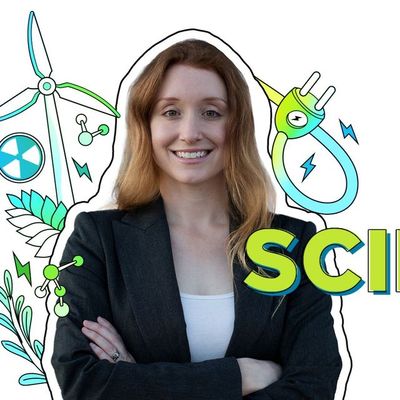
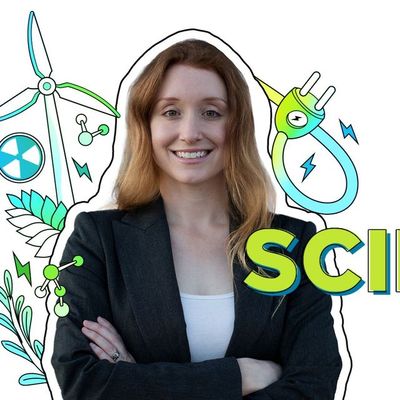

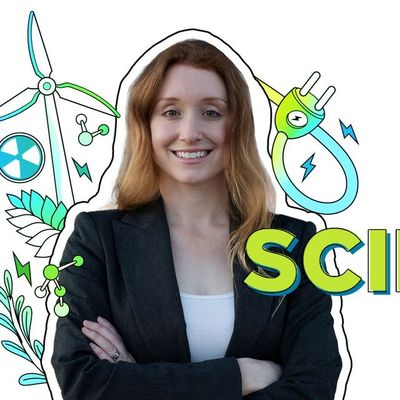
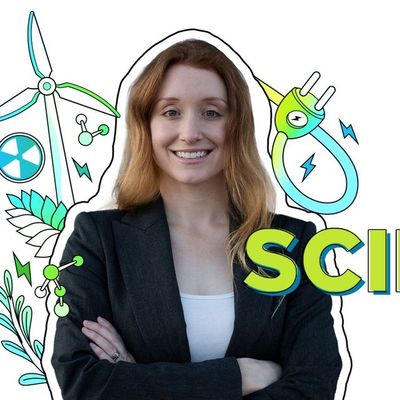
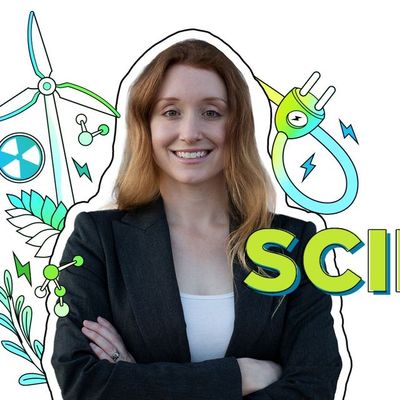
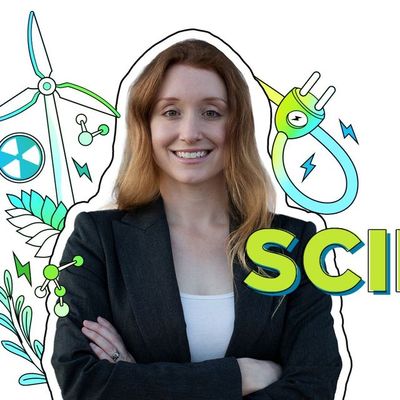
Ep. 22: Cómo alcanzar 100% energía renovable para 2035-2a Pte.
Segunda parte de la entrevista con John Walkey de GreenRoots y Paula García de UCS. En este episodio, hablamos de las oportunidades económicas—o sea, trabajos--que brindará la transición y los obstáculos que se prevén y cómo se podrían superar.
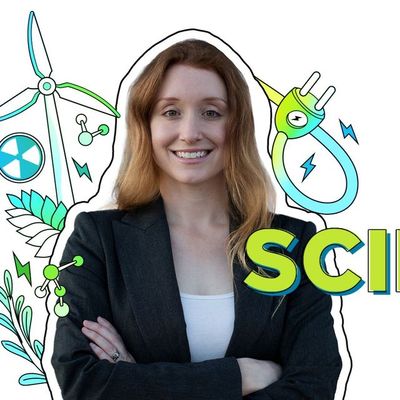
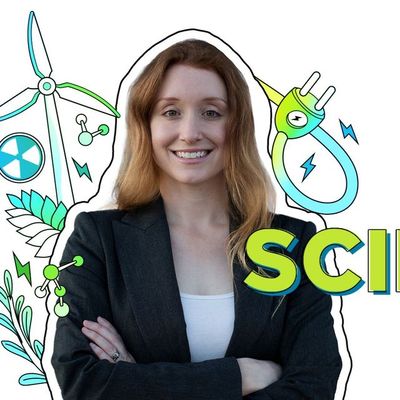
Ep. 21: Cómo alcanzar 100% energía renovable para 2035
Organizador comunitario John Walkey y analista sénior de energía Paula García discuten cómo algunos estados pueden alcanzar una transición equitativa a 100% energía renovable para 2035 según su análisis "En la ruta hacia 100 por ciento energía renovable"
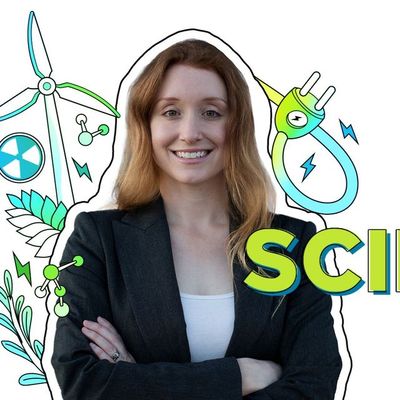
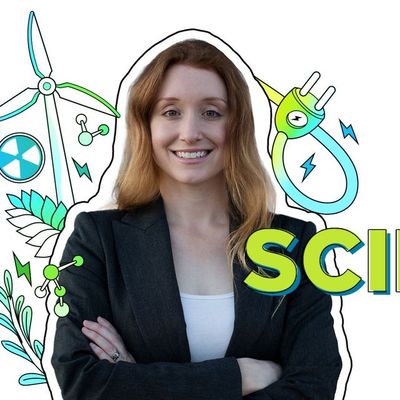
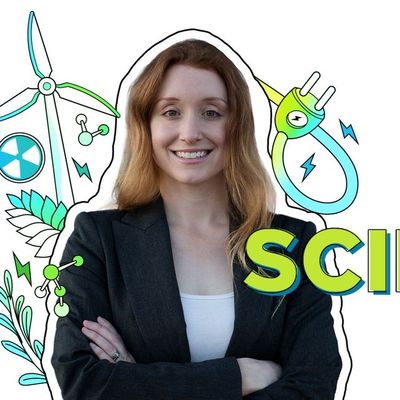
Ep. 147: Survey Shows Strong Interest in Electric Vehicles Among Diverse Consumers
Dr. Quinta Warren, associate director of sustainability policy at Consumer Reports and Dave Cooke, senior vehicles analyst at UCS discuss a recent survey of electric vehicle adoption among communities of color.
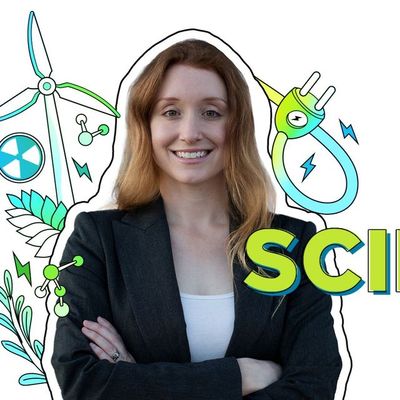
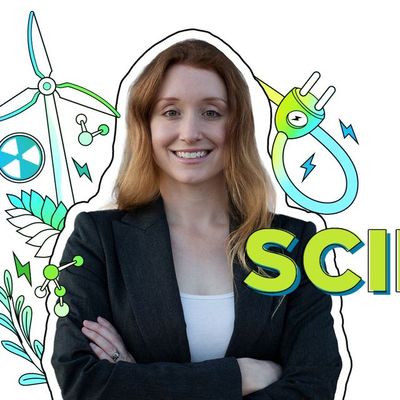
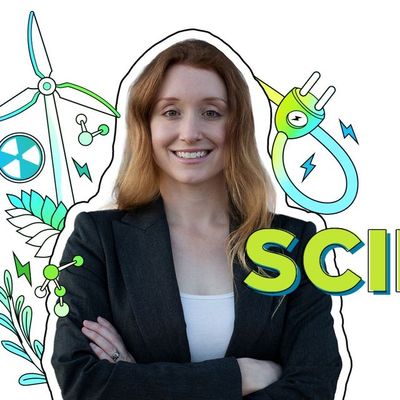
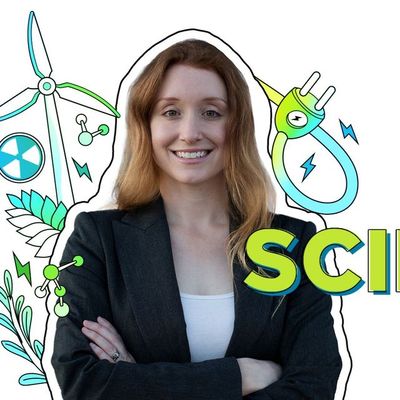
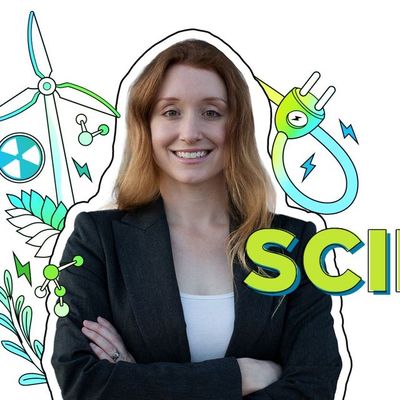
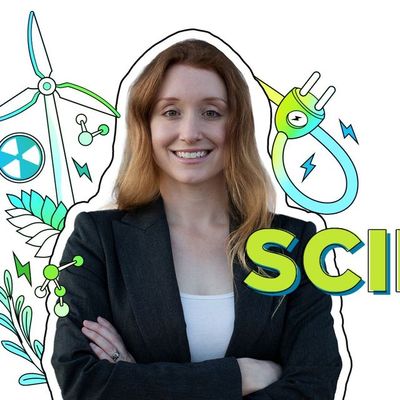
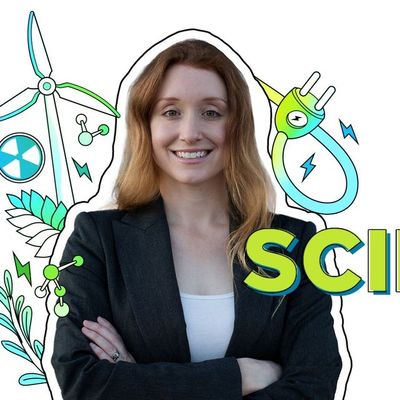
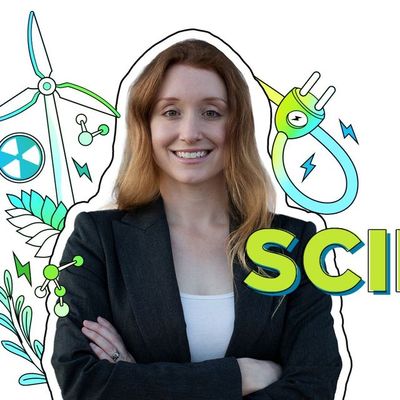
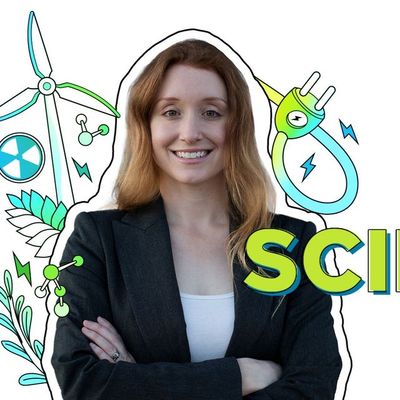
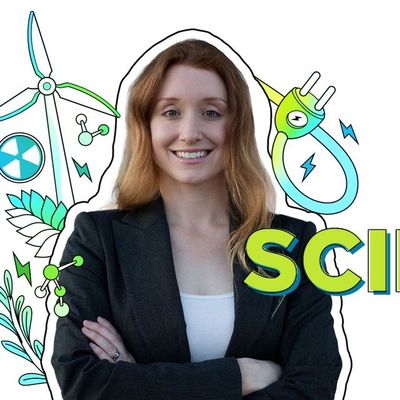
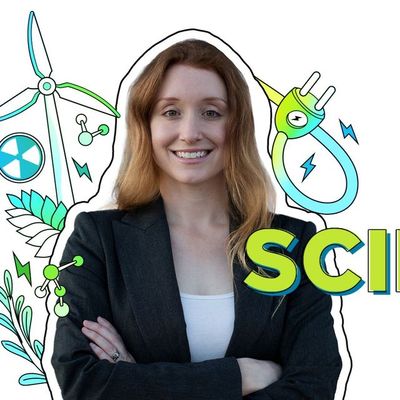
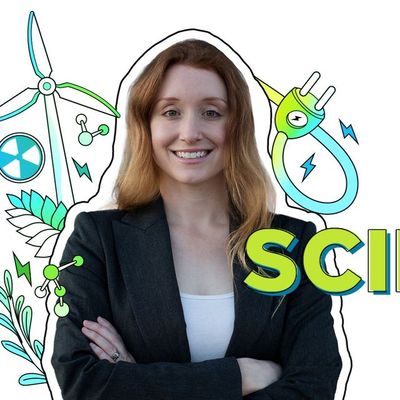
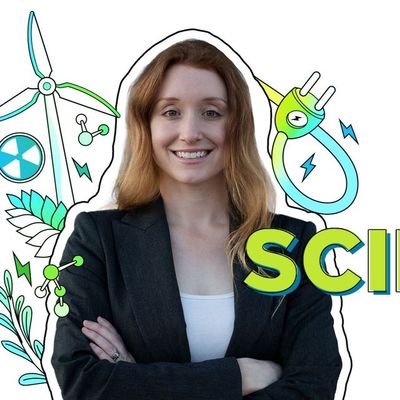
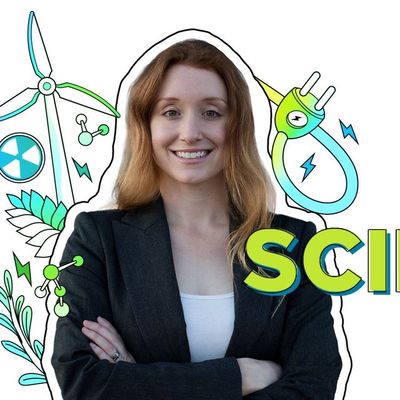
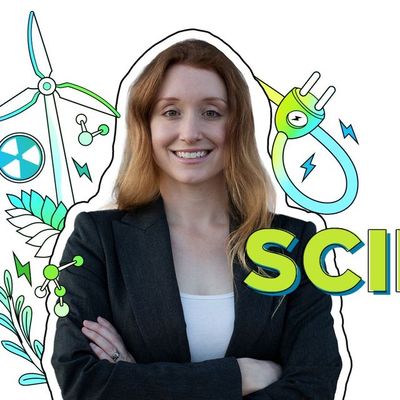
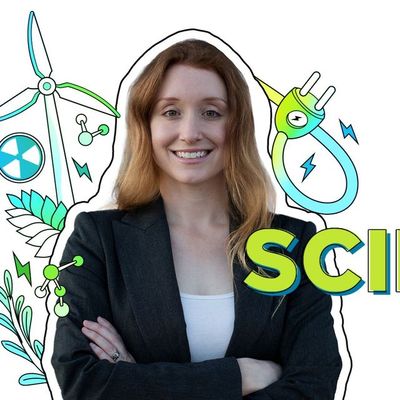
Ep. 18: Las peligrosas fugas de gas y cómo se evitan
Organizadora y veterana Yaritza Pérez y científico climático sénior Dr. Juan Declet-Barreto hablan de los impactos sobre los seres humanos y la ciencia del gas metano, su polución y cómo comunidades en Florida están luchando contra sus peligrosas emisiones.
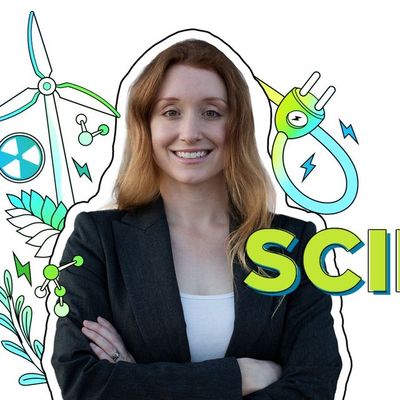
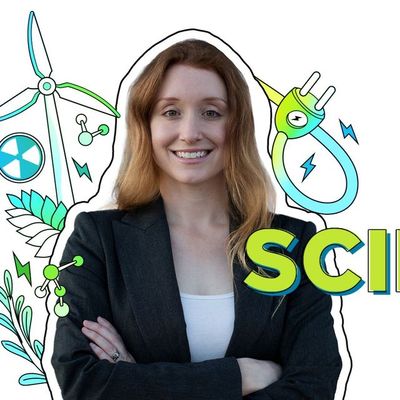
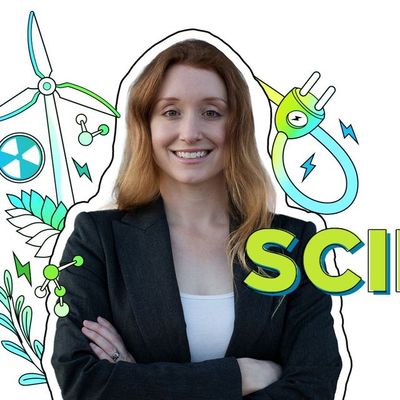
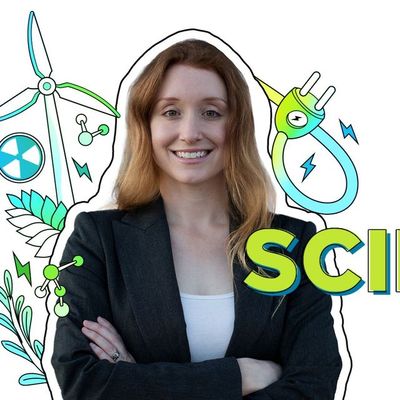
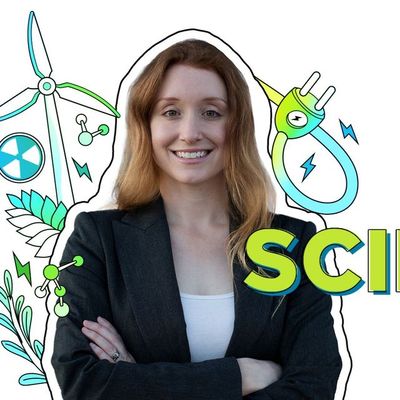
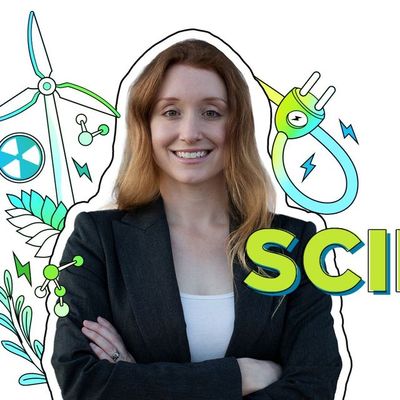
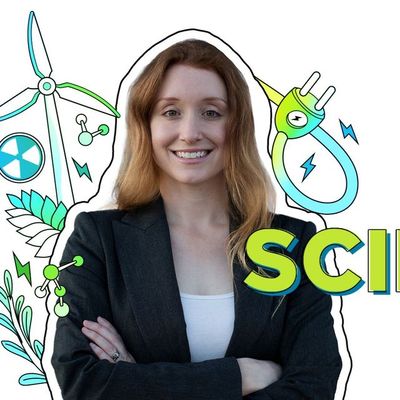
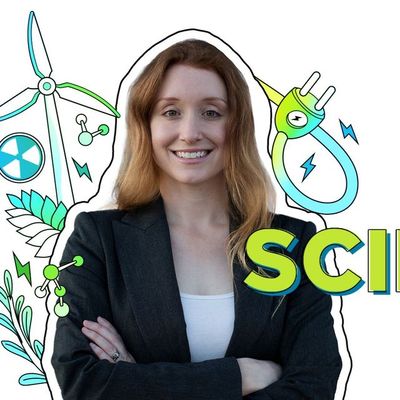

Ep. 16: Por qué el cambio climático se va a los extremos, tanto de frío como de calor
El cambio climático significa que las zonas templadas se están enfriando, que las zonas polares se están calentando y una tendencia al alza en las temperaturas medias globales. El Dr. Juan Declet-Barreto de Unión de Científicos Conscientes (UCS) explica cómo el calor fatal causado por el cambio climático afecta a los trabajadores al aire libre.
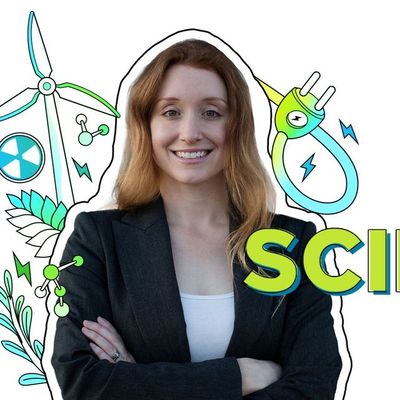
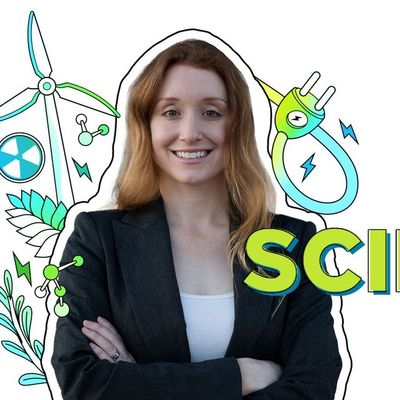
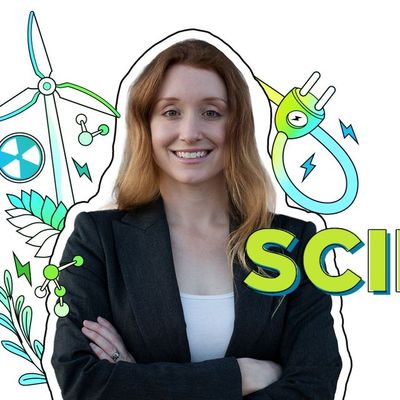
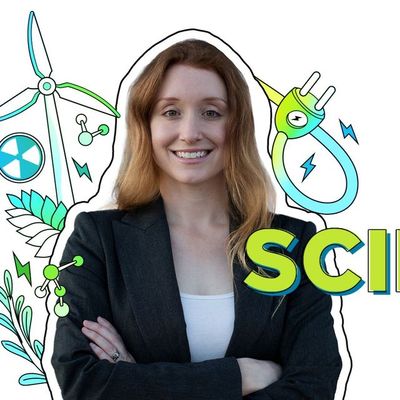
Ep. 15: Los adelantos tecnológicos más prometedores en la eólica marina
Entre los pasos que ha dado la administración Biden y los estados para impulsar el crecimiento de la eólica marina con proyectos en altamar y nuevas tecnologías prometedoras, John Rogers echa un vistazo al futuro de la energía limpia en alta mar.
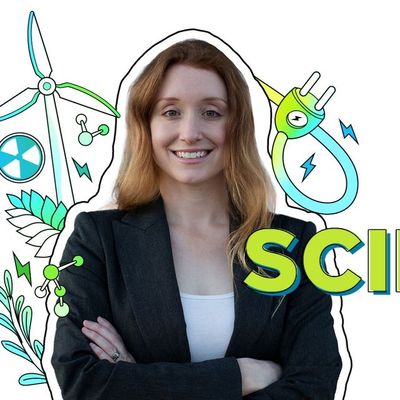
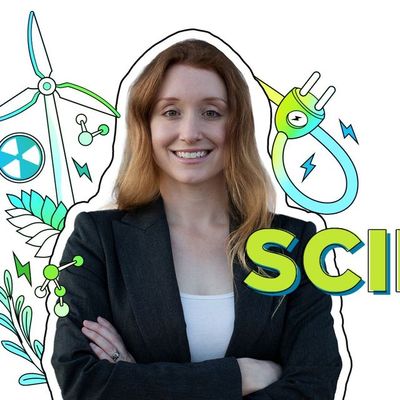

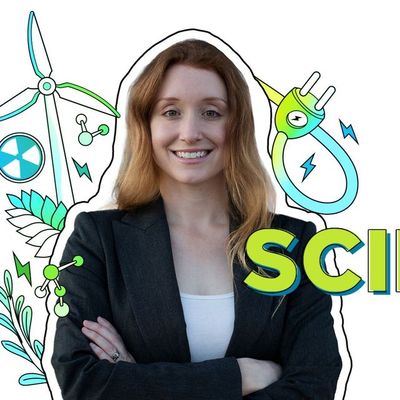
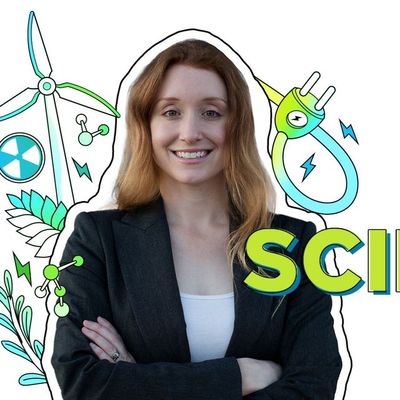
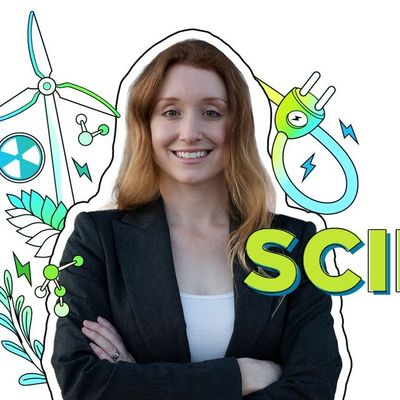
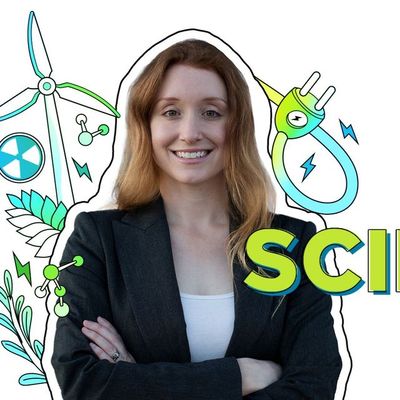
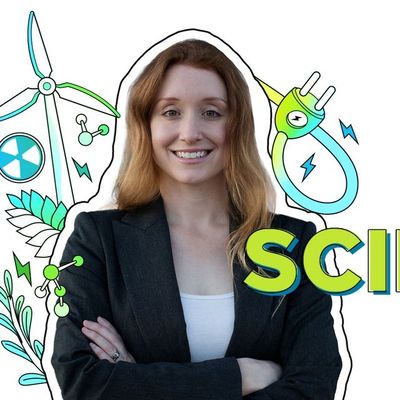
Ep. 14: Los abusos y engaños de Tyson
Magaly Licolli, directora de Venceremos y el Dr. Ricardo Salvador de UCS cuentan cómo las empacadoras de Tyson amenazan la salud pública—en particular la de inmigrantes, gente hispana e indígena. La UCS y el periódico The Guardian llevaron a cabo una investigación de Tyson en la que encontraron abusos, engaños y actividades antimonopolio.
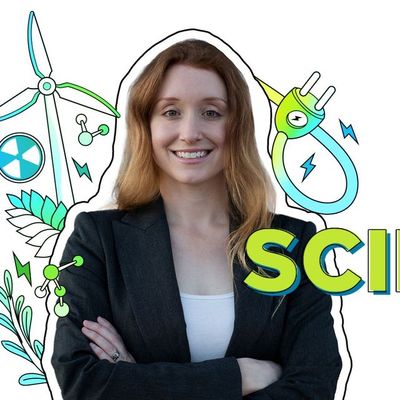
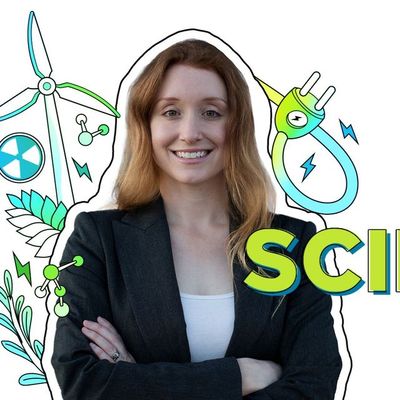
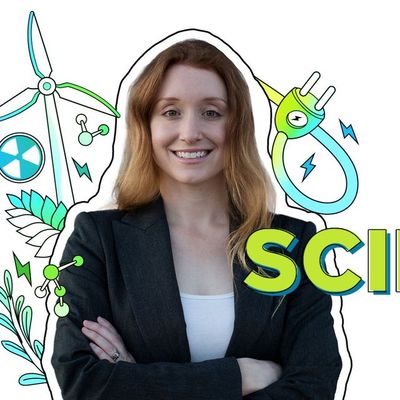
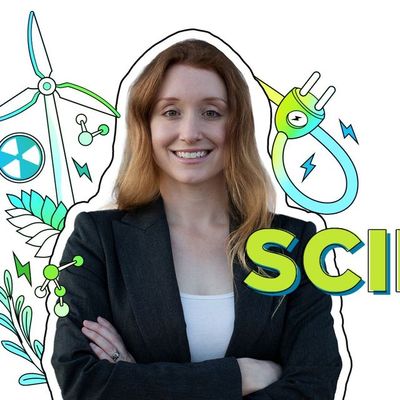
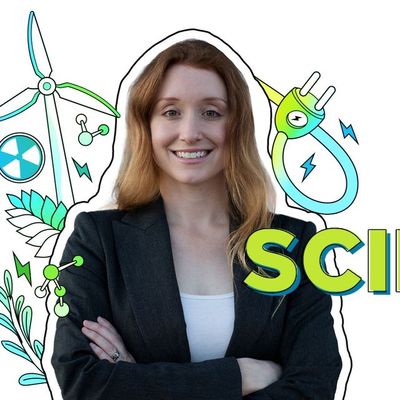
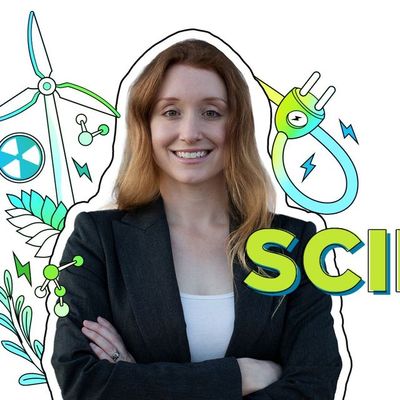

¿Cuál es la diferencia entre los autos eléctricos e híbridos?
¿Son seguros los autos eléctricos? ¿Cómo funcionan y cuánto dura la batería? La Dra. Maria Cecilia Pinto de Moura, ingeniera sénior de la Unión de Científicos Conscientes explica las diferencias entre varios tipos de vehículos eléctricos y cómo lograr que más gente se cambie a un auto eléctrico.
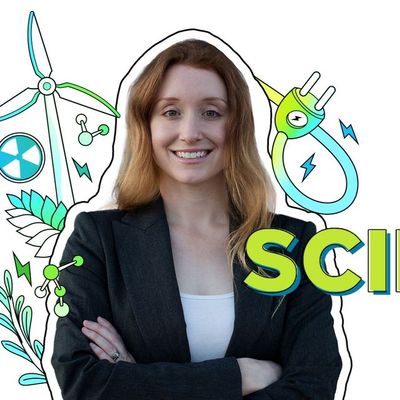
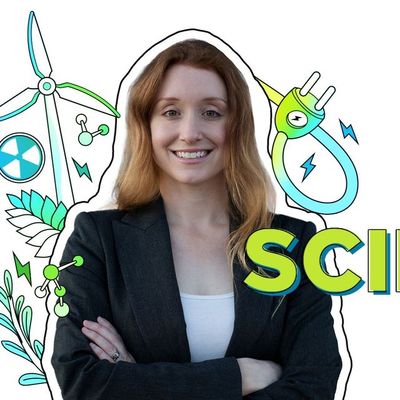
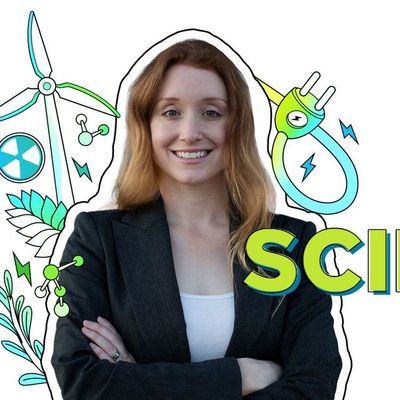
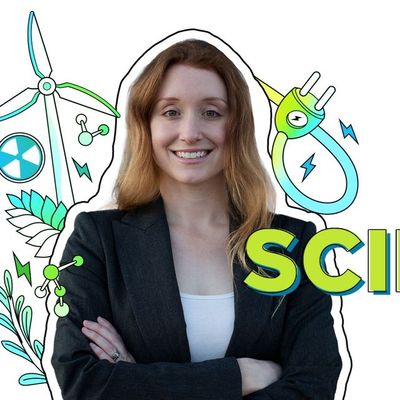
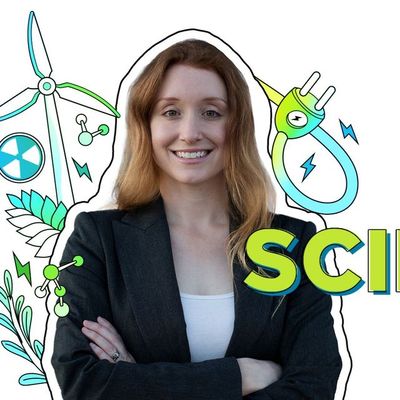
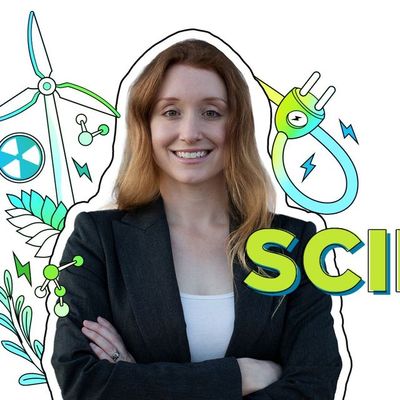
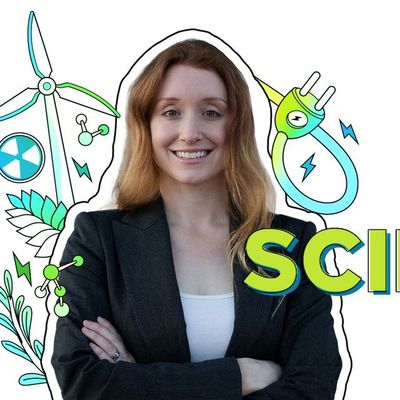
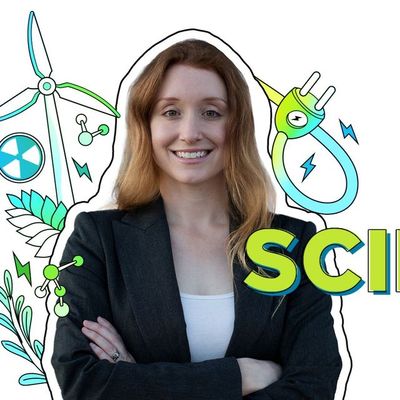
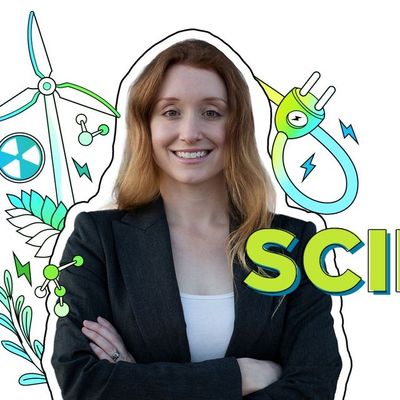
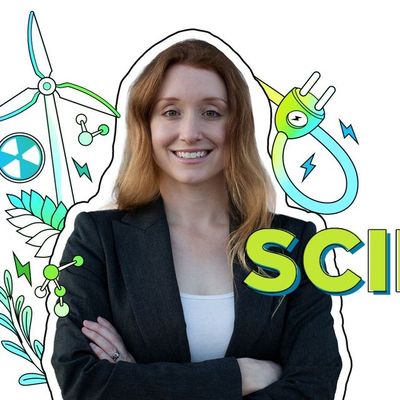
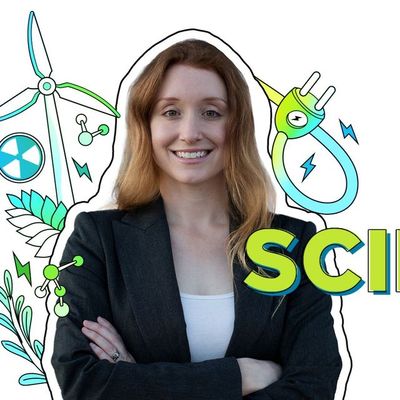
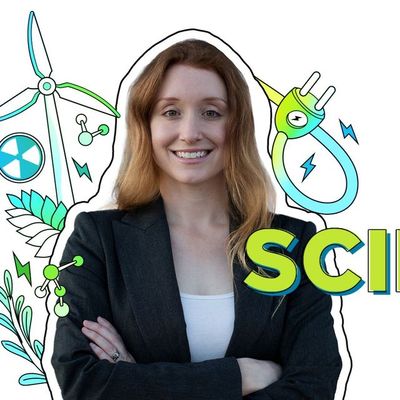
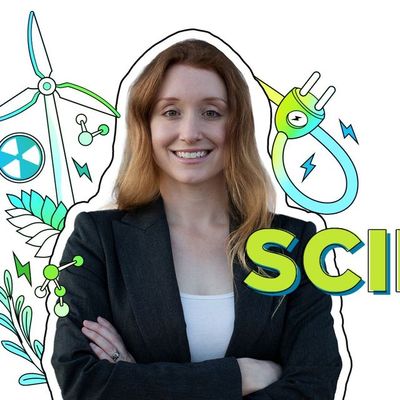
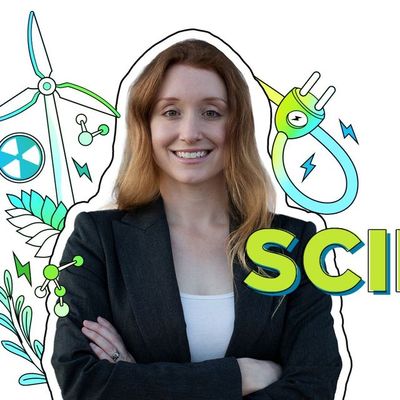
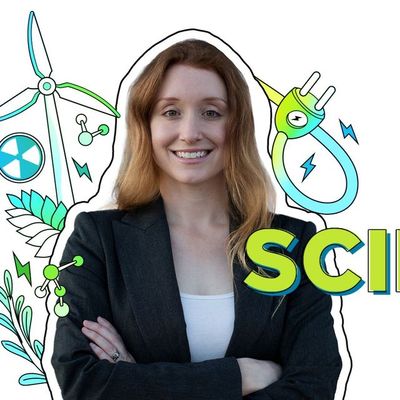
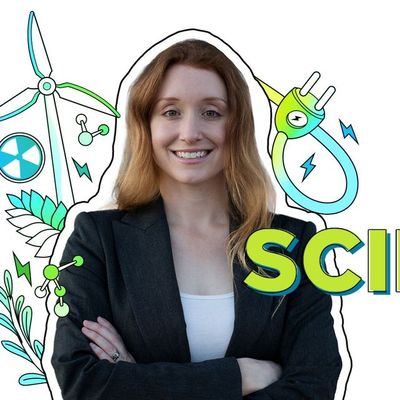
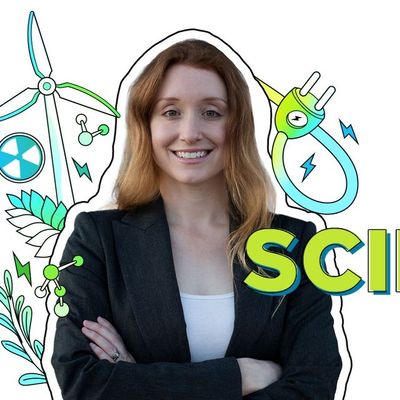
Ep. 100: Farming While Black: How One Community Farm is Uprooting Racism
Leah Penniman, founder of Soul Fire Farm and author of Farming While Black, discusses how Afro-Indigenous centered community farms can uproot the food system and create new opportunities for Black and Brown farmers.
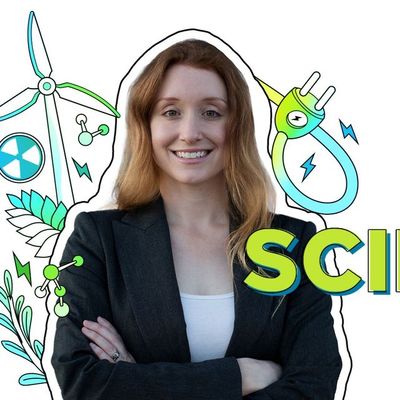
Ep. 9: Cómo conseguir que el público se fíe de la vacuna contra COVID-19
Hay dos claves importantes para asegurar que el público confíe en la nueva vacuna contra el COVID, dice epidemióloga y experta en salud pública Ana Diez Roux quien ayudó a crear el marco de recomendaciones para repartir la vacuna utilizado por los CDC. Y su consejo para mejorar la salud de todo el país te sorprenderá.
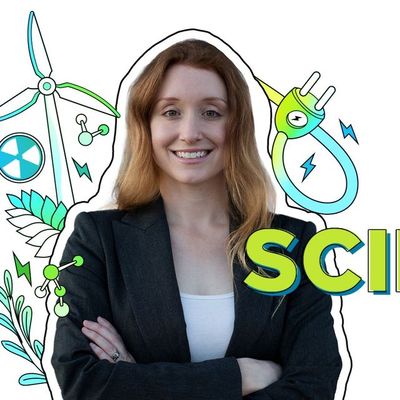
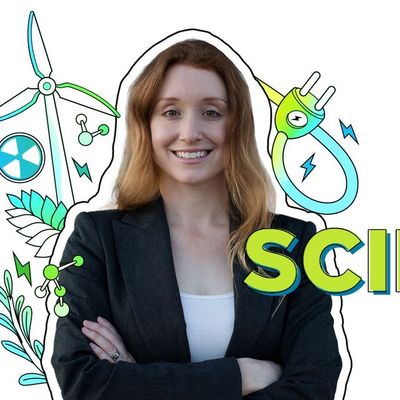
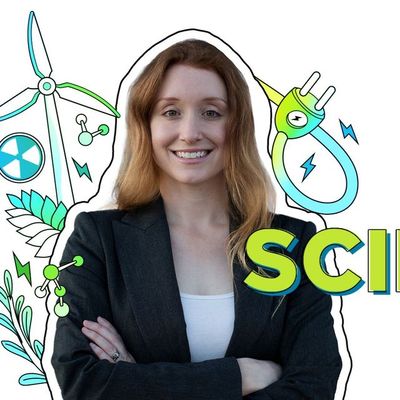
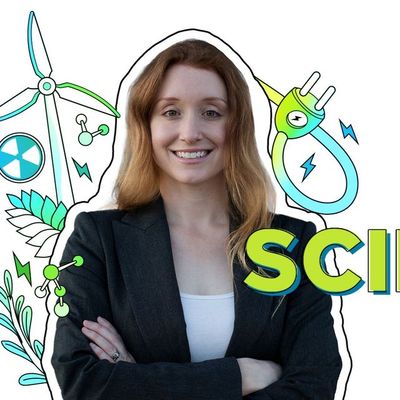

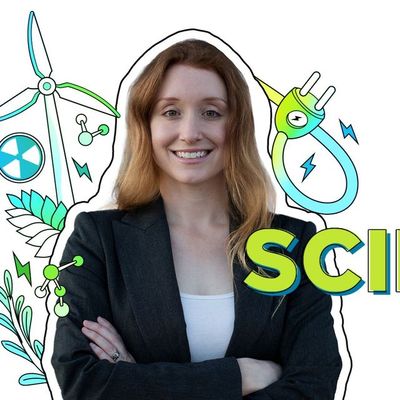
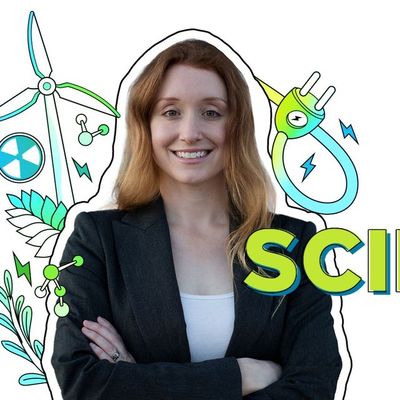
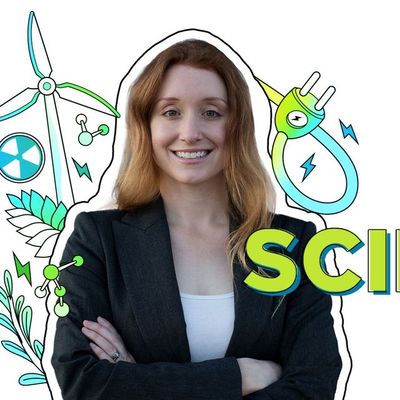

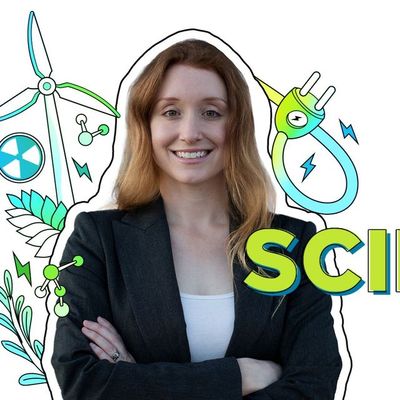
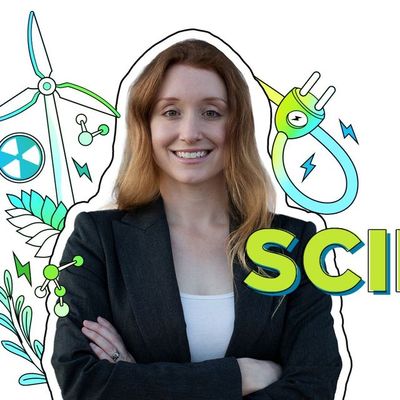
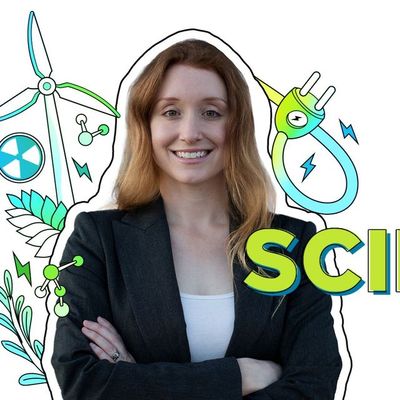
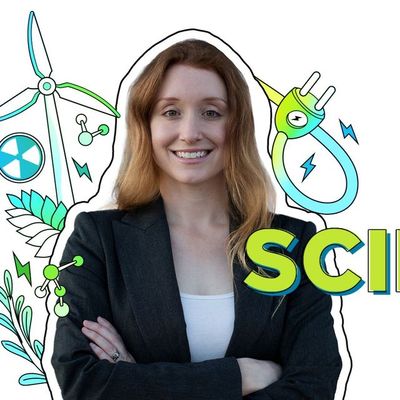
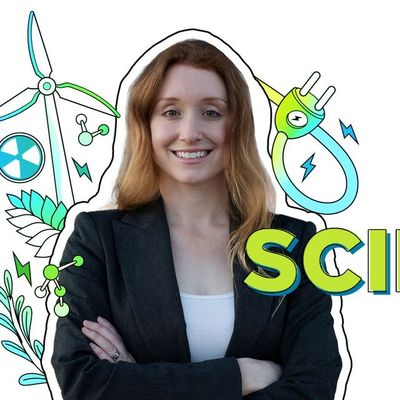
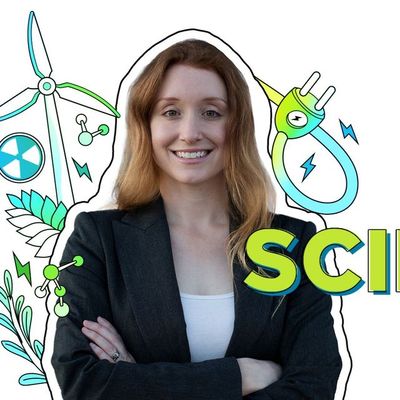
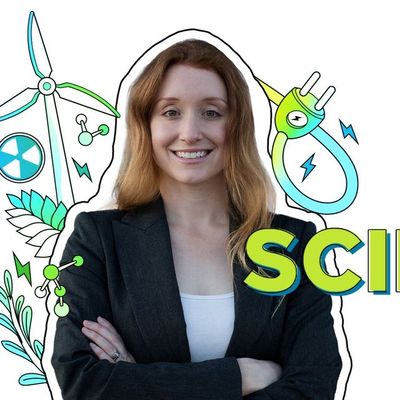
Ep7: Promesas rotas: comunidades marginadas pagan el precio por políticas de la administración Trump
El Dr. Juan Declet-Barreto discute el estudio de UCS ´La ciencia abandonada, promesas rotas´ sobre cómo la administración Trump ha rechazado métodos científicos y leyes basadas en evidencia diseñadas para protegernos. Sus acciones han empeorado las desigualdades que enfrentan las personas de raza Negra y las exponen aún más a la contaminación.
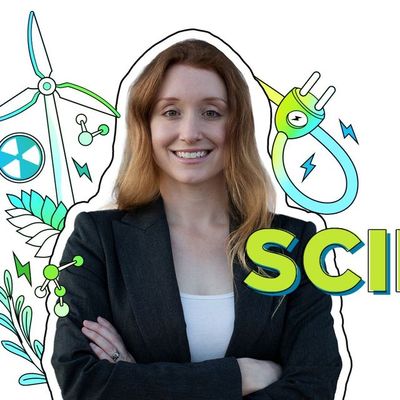
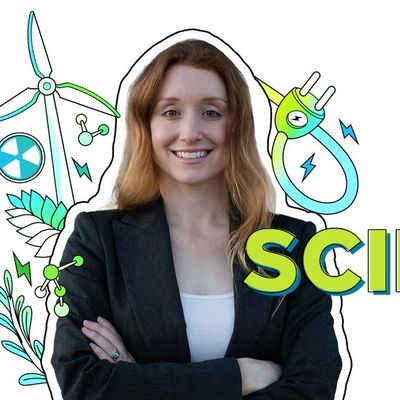
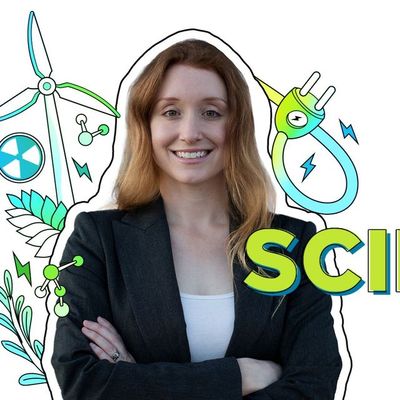
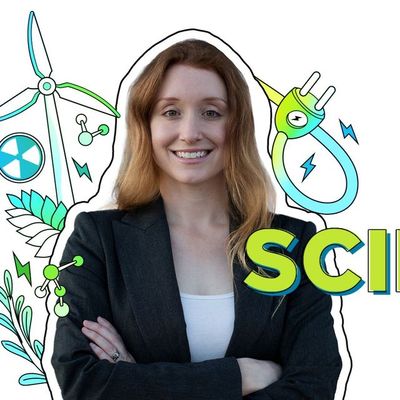
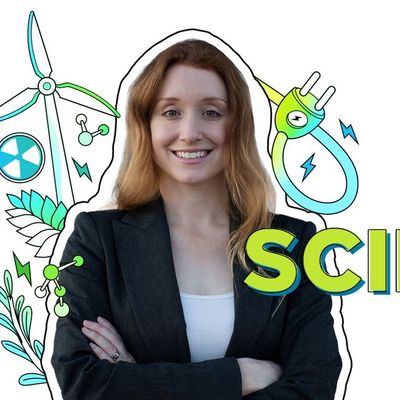
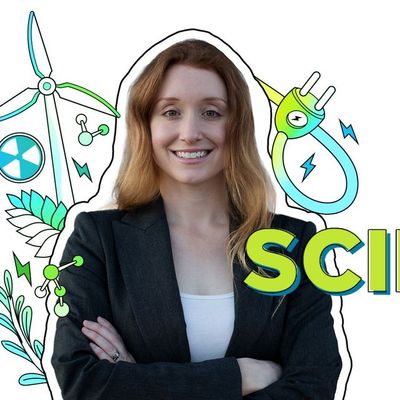
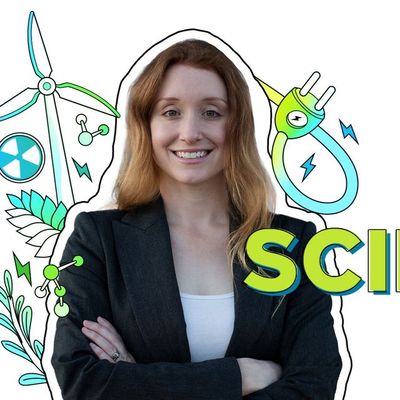
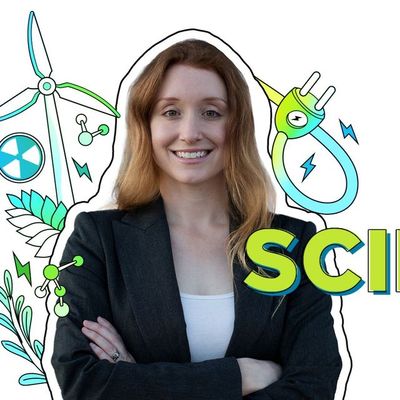
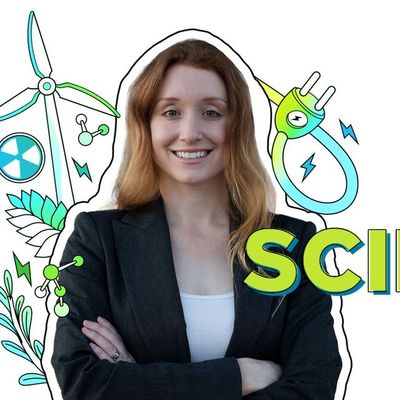
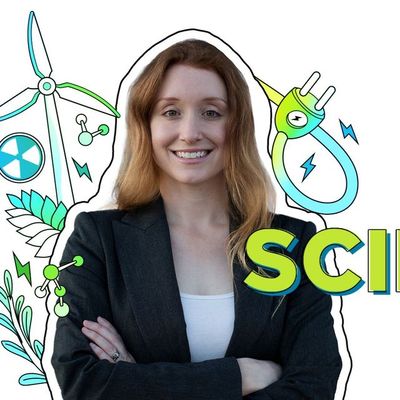
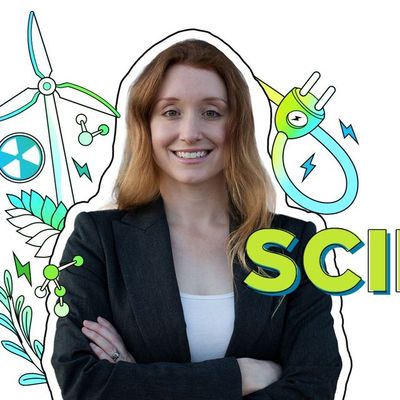
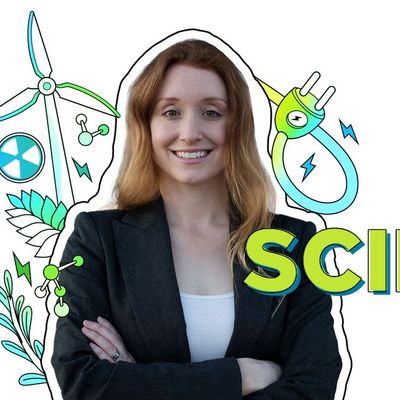
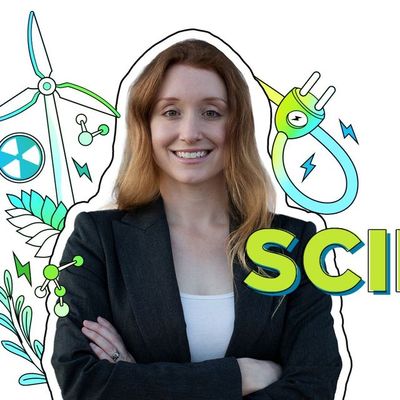
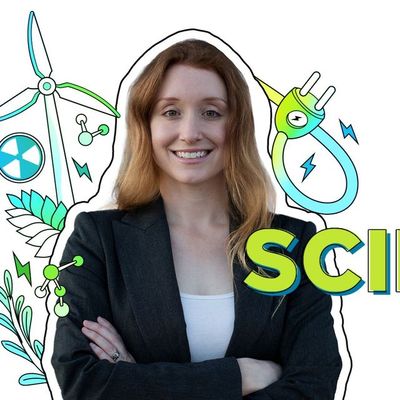
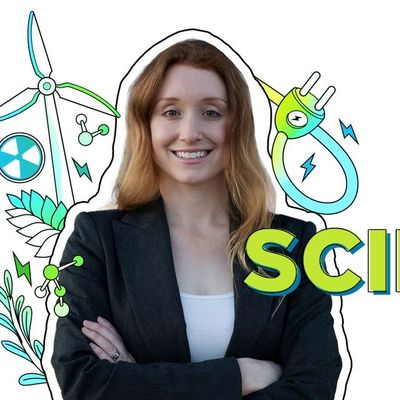
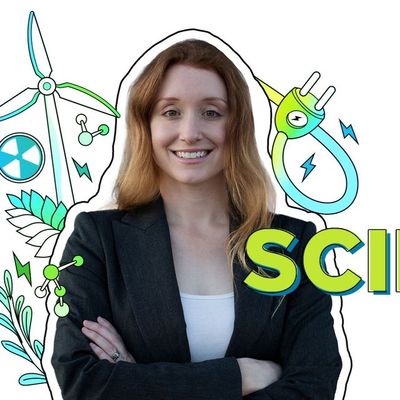
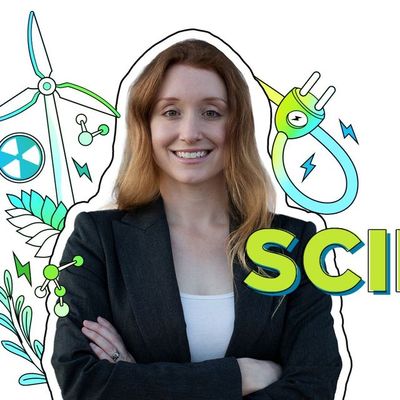
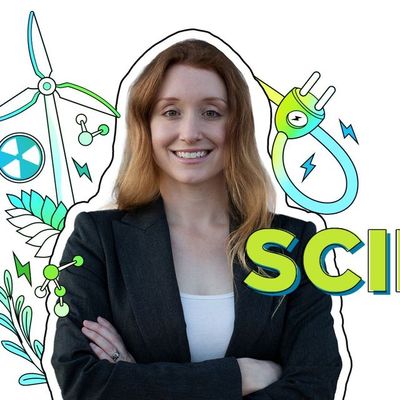
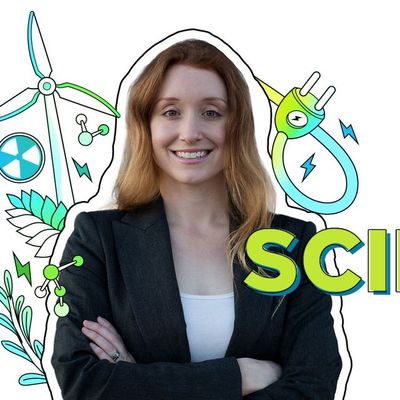
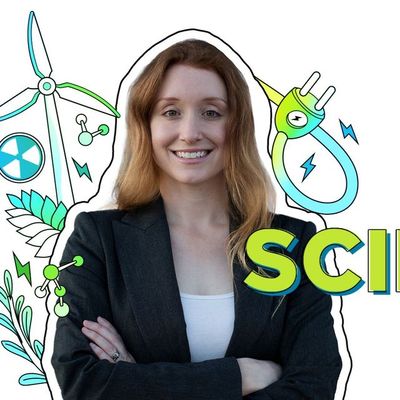
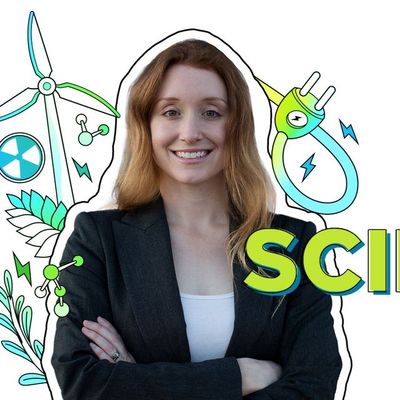
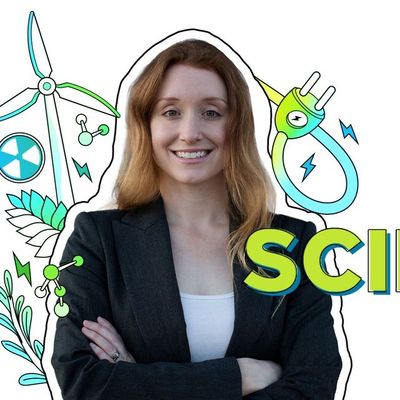
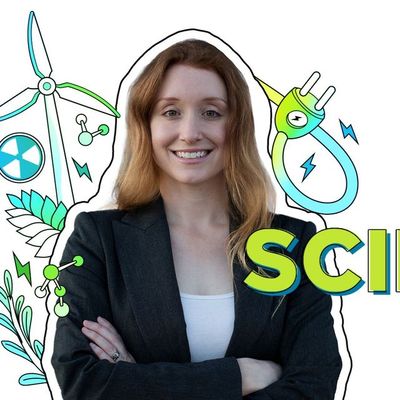
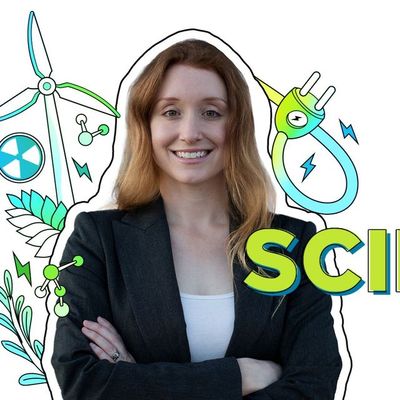
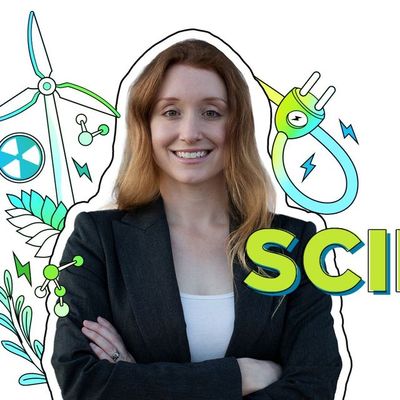
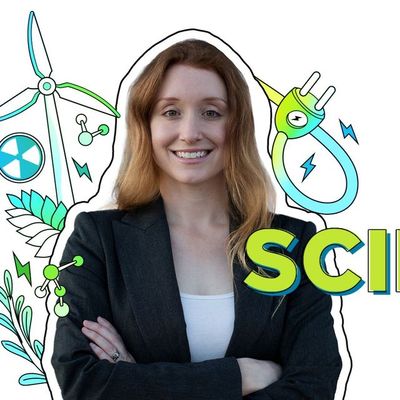
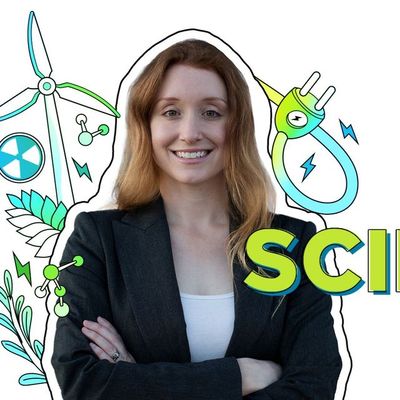
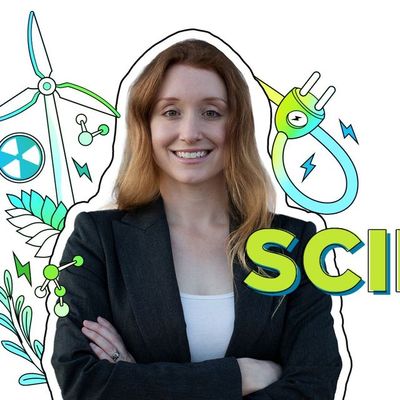
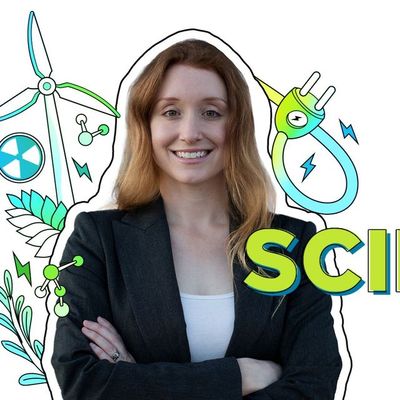
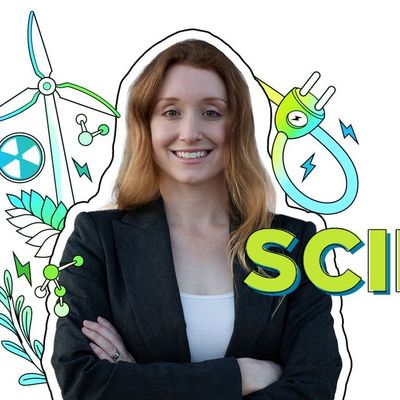
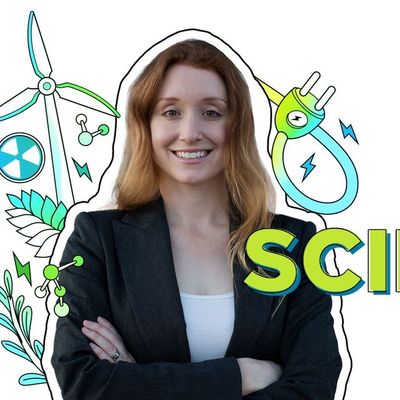
Ep. 58: How Do We Make Aging Infrastructure Climate-Safe?
Dr. Susanne Moser is an expert on climate change adaptation. She was one of the facilitators of California’s climate-safe infrastructure working group, which brought together scientists, planners, architects, and engineers to figure out how climate impacts can be factored into infrastructure planning.
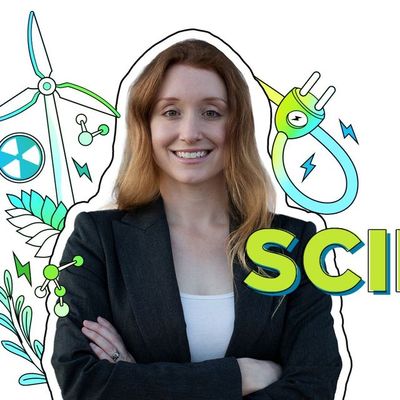
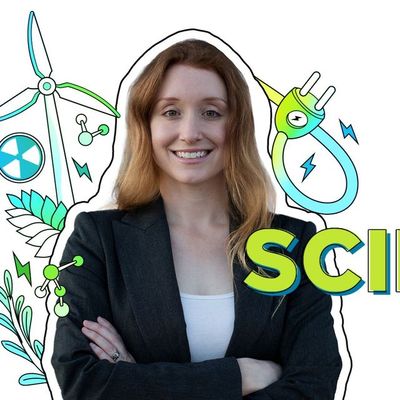

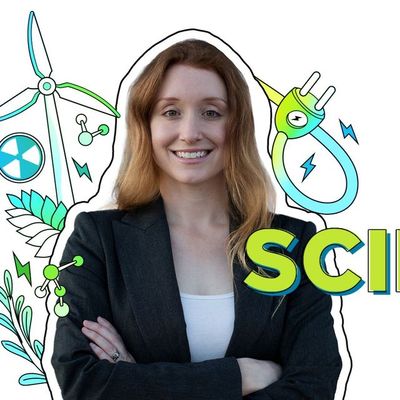
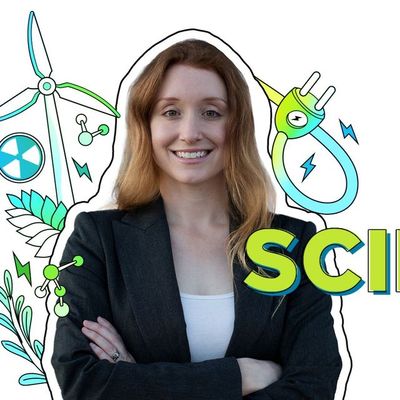
Ep. 53: The Seeds of Science Advocacy: A Look Back to a Political Awakening of Scientists
In a troubled, divisive time, a small group of scientists decided to make their voices heard—and founded the Union of Concerned Scientists in the process. Dr. David Wright, co-director of the UCS Global Security Program, talks about those beginnings and the half-century of science advocacy that grew from them.
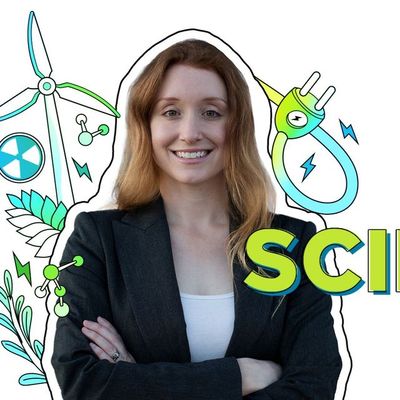
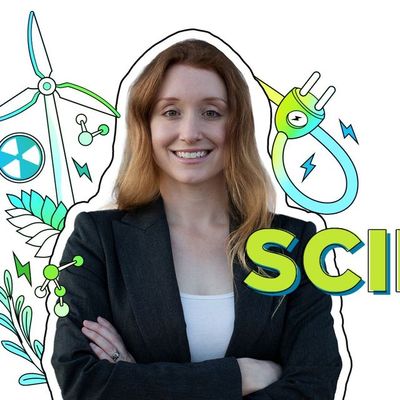
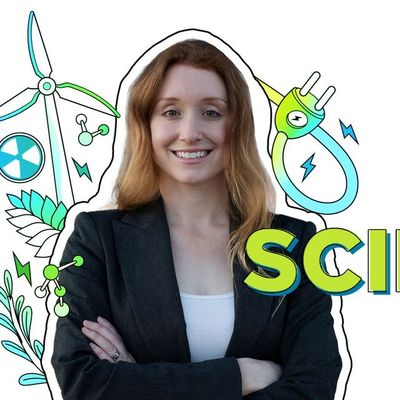
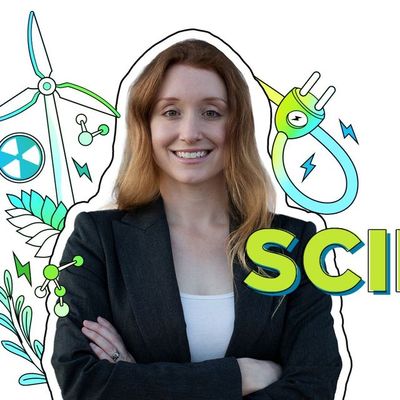
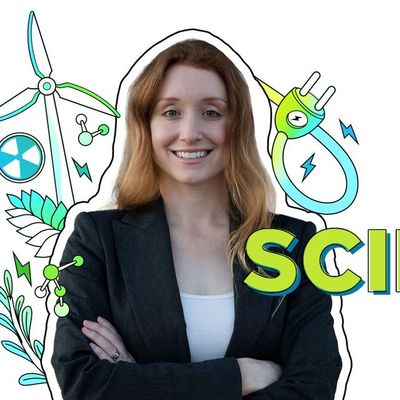
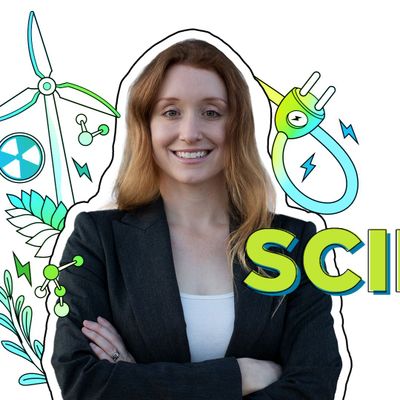
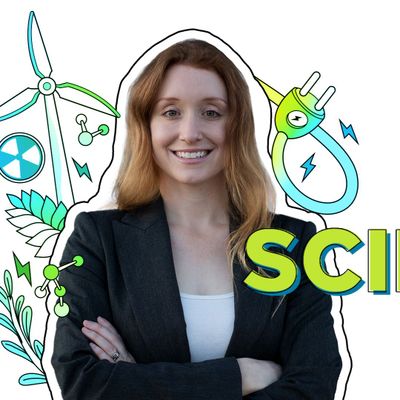
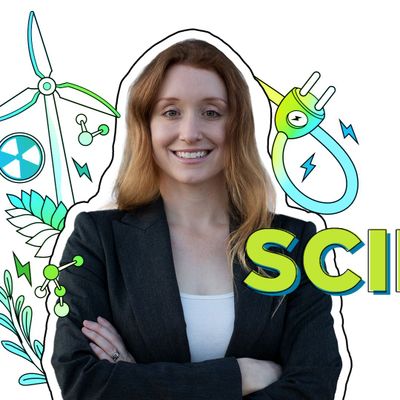
Ep. 3: ¿Cómo llega el brócoli a su mesa?: El Dr. Ricardo Salvador explica el sistema alimentario
El Dr. Ricardo Salvador, científico agrícola, nos cuenta la historia de cómo llega la comida al supermercado, y nos explica por qué necesitamos urgentemente un sistema agrícola perdurable y equitativo.
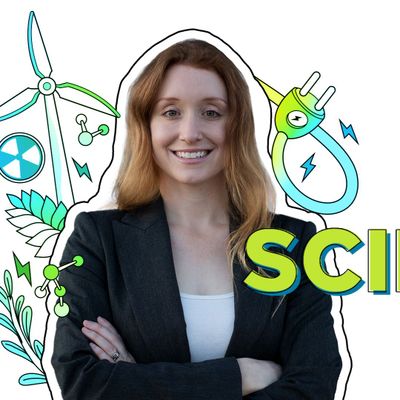
Ep. 45: Geoengineering: Scarier than a Zombie Apocalypse?
Just in time for Halloween, an episode that’ll scare the daylights out of you. Frank Keutsch joins us to explain what geoengineering is, why it isn’t a magic fix for climate change, and why we still need to greatly reduce CO2 emissions.
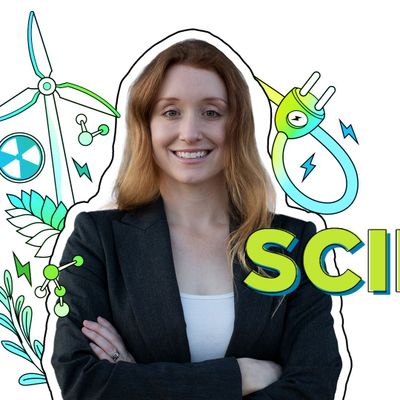
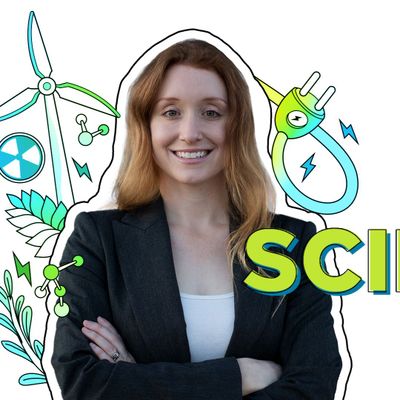
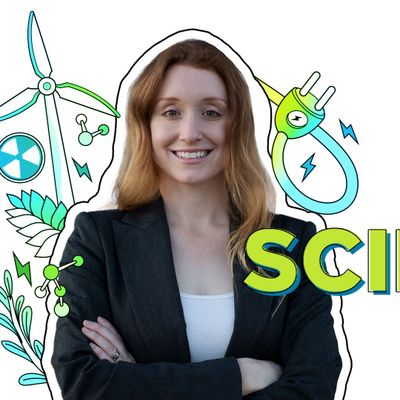

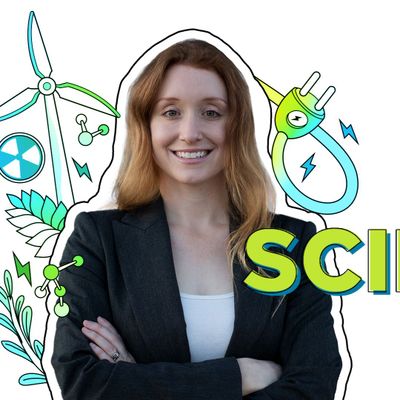
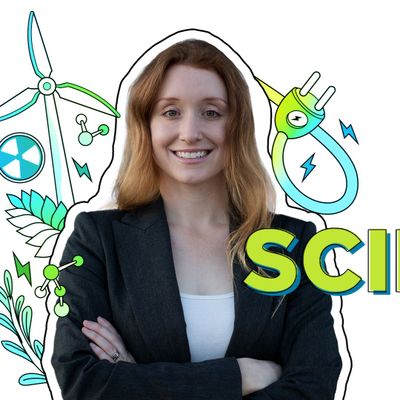
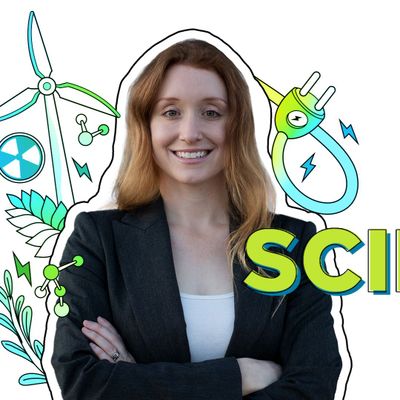
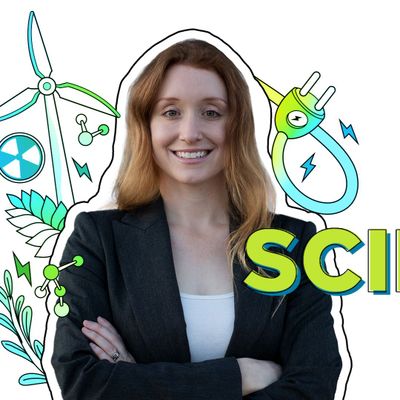
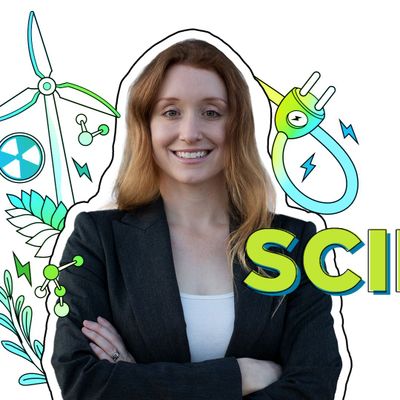
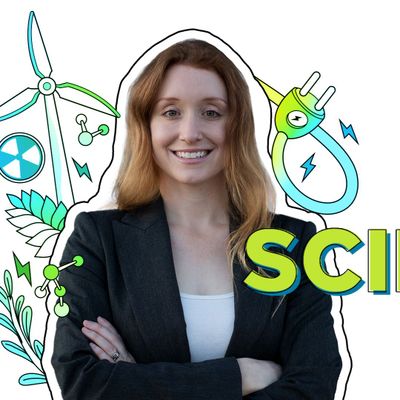
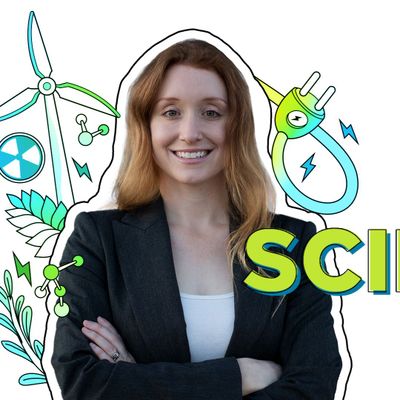
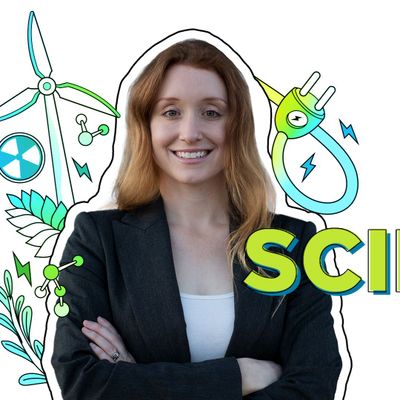
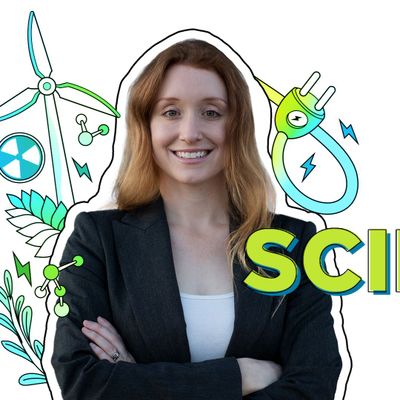
Ep. 34: The Federal Scientist Who Blew the Whistle
Joel Clement, a former policy director at the Department of Interior and new senior fellow with the Center for Science and Democracy at UCS, shares his experience of political interference in the Trump administration and the steps he took to fight back.
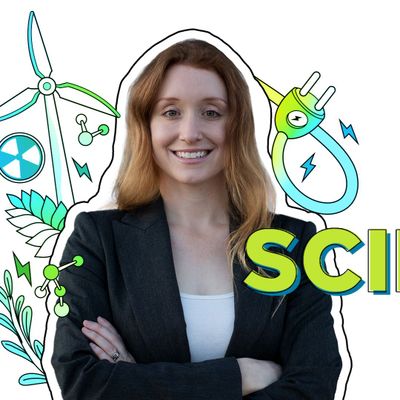
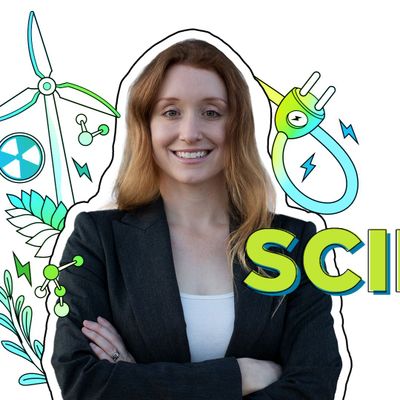

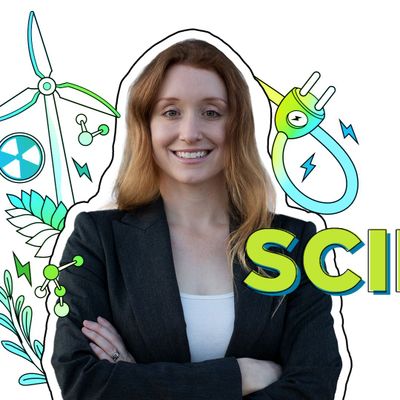

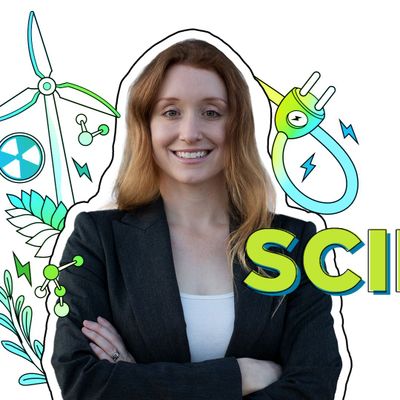
Ep. 28: Why the Government Doesn't Research Gun Violence
Charise Johnson, research associate at the Union of Concerned Scientists, talks about why the Centers for Disease Control and Prevention can’t study gun violence injuries and death, and how this leaves the public in the dark and at risk.
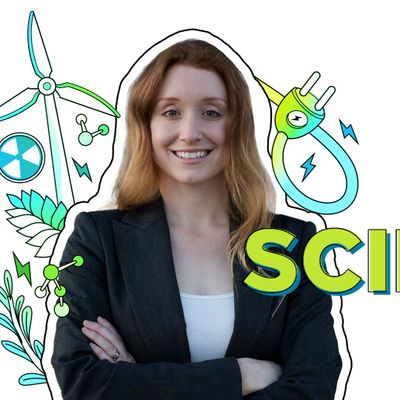
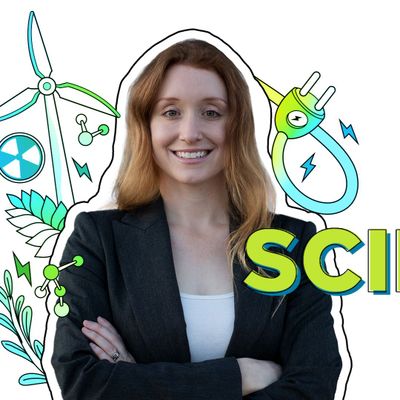
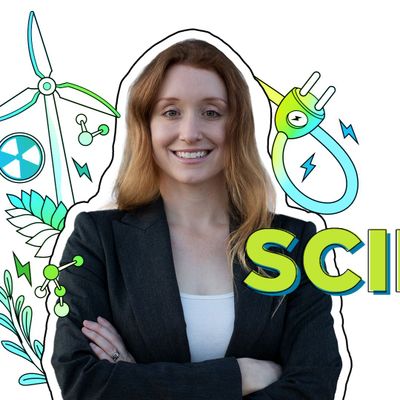
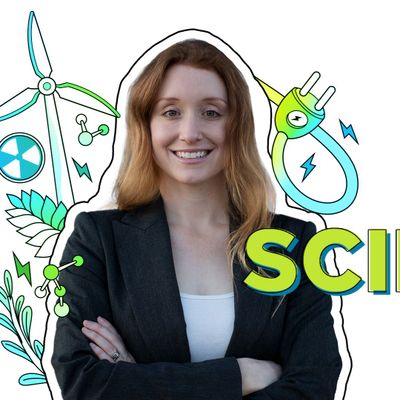
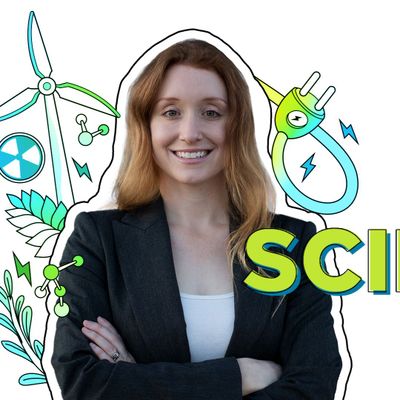
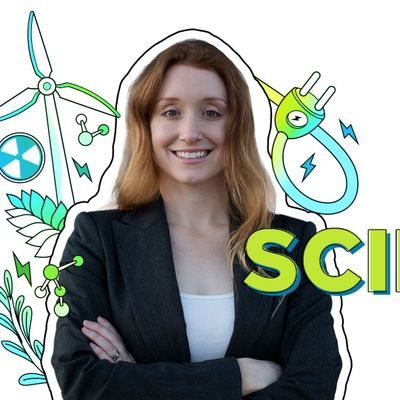
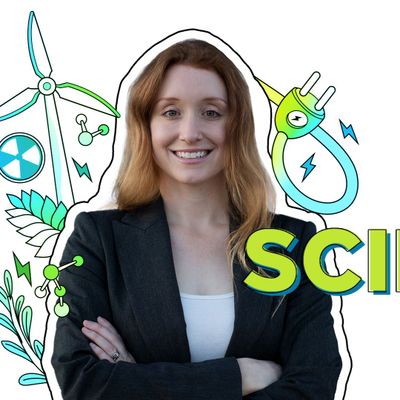
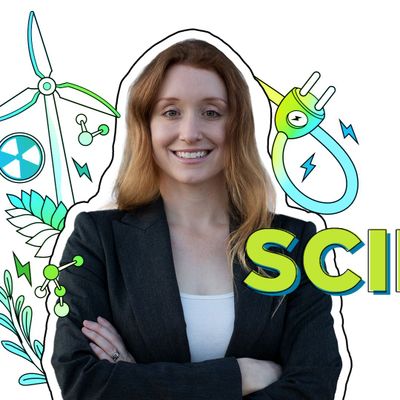
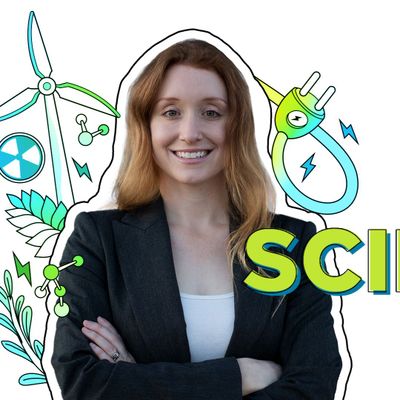
Episode 19: A Football Star Stands Up for Science
From football to pharmaceuticals, there’s a playbook for sidelining science. Former NFL player Chris Borland joins UCS science and policy analyst Genna Reed to discuss how powerful interests deceive, misinform, and buy influence at the expense of public health and safety.
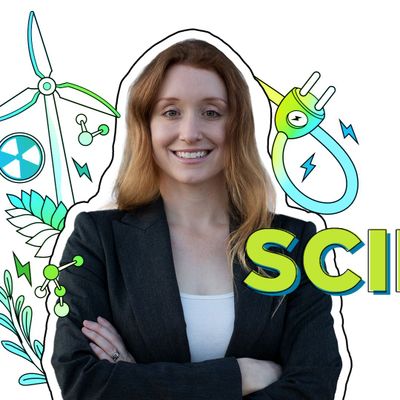
Episode 18: As Coal Declines, Helping Communities Rise
Dr. Jeremy Richardson, senior energy analyst at the Union of Concerned Scientists, discusses his new report on the dwindling role of coal in the U.S. energy sector, talks to a number of innovators in his home state of West Virginia about how they are transitioning away from coal, and relays the experience of environmental justice advocates fighting to improve public health in their communities.
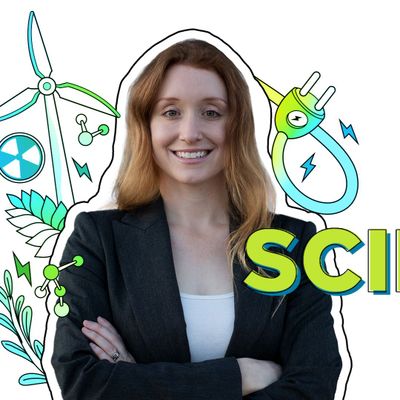
Episode-17: Soil as ShamWow: How Farmers (and Gardeners) Can Benefit from Healthy Soil
Dr. Andrea Basche, an agricultural scientist and AAAS Fellow at USDA’s National Institute for Food and Agriculture, talks about the power of soil to fight floods and droughts. Tune in to get the dirt on dirt.
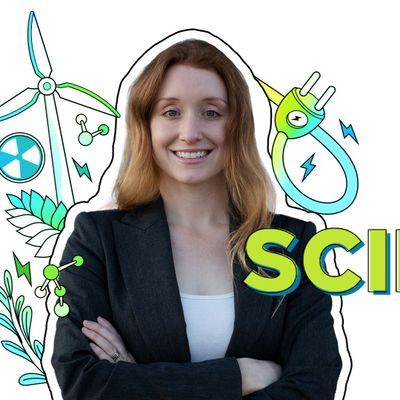
Episode 16: Real Talk with Mustafa Ali: Science, Environmental Justice, and Power
Mustafa Ali was a chief environmental justice official and founding member of the Office of Environmental Justice at the Environmental Protection Agency. He talks about his experience at the EPA, his decision to resign, and the importance of science in environmental justice.
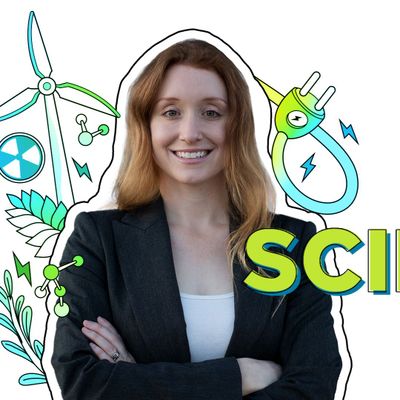
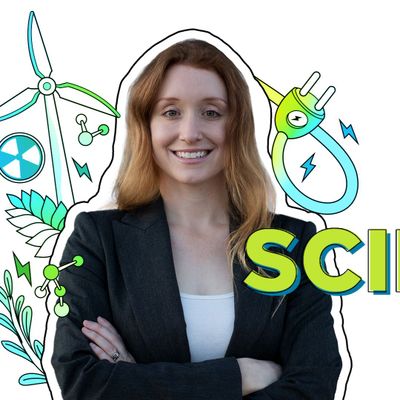
Episode 14: Failing Science: The Trump Administration's Six-Month Report Card
Dr. Gretchen Goldman, research director for the Center for Science and Democracy at the Union of Concerned Scientists and co-author of the new UCS report "Sidelining Science since Day One", talks about the Trump administration's attacks on science, their real-life consequences, and how scientists and the public can fight back.
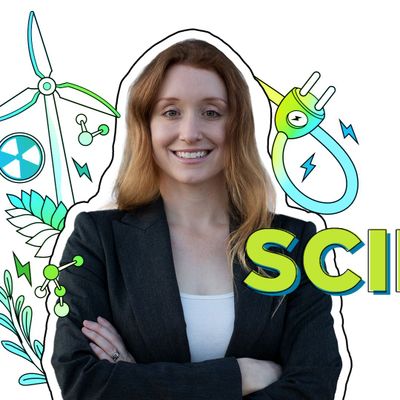
Episode 13: Living with Rising Seas: Stories from Chronically Flooded Communities
UCS scientist and climate advocate Nicole Hernandez Hammer and Pulitzer-prize nominated journalist and UCS fellow Derrick Z. Jackson talk about what they are seeing on the ground in chronically flooded coastal communities.
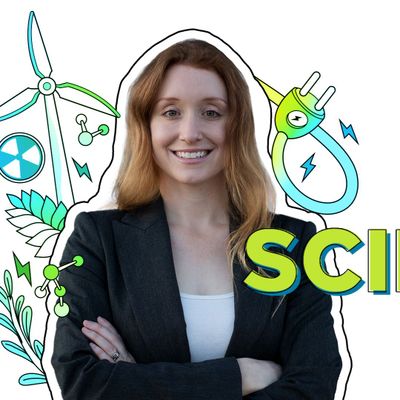
Episode 12: When Rising Seas Hit Home: What Coastal Communities Can Expect, and When to Expect It
Erika Spanger-Siegfried, senior analyst at the Union of Concerned Scientists, brings us startling new research on sea level rise and the hard choices ahead for coastal communities. More at: http://www.ucsusa.org/risingseashithome
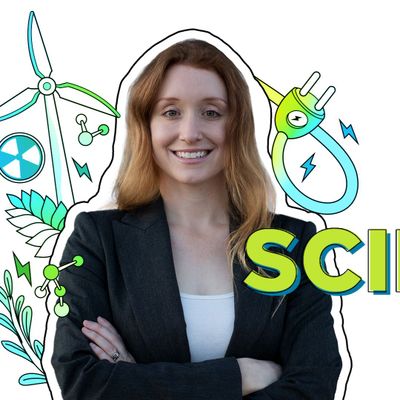
Episode 11: How to Stop a Wrecking Ball: A Fourth of July Look at the Trump Administration
Ken Kimmell, president of the Union of Concerned Scientists, is back to give a recap of the recent months of the Trump administration and how he sees things playing out in light of President Trump pulling the US out of the Paris Climate Agreement.
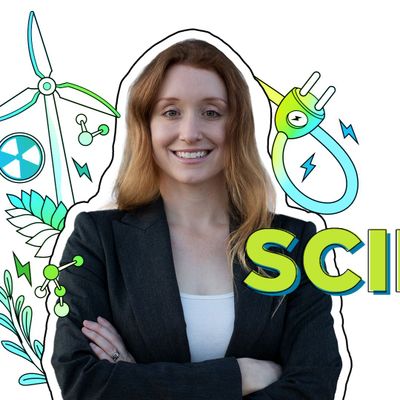
Episode 10: Rocket Forensics: Dissecting North Korea's Missile Program Part 2
Part 2 of our interview with Dr. David Wright, co-director of the Global Security Program at the Union of Concerned Scientists. Dr. Wright continues his discussion of North Korea’s missile program, the accelerating pace of launch tests, and what scientific information he gleans from each of them.
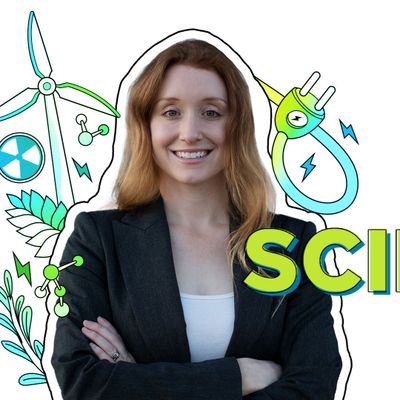
Episode 9: Rocket Forensics: Dissecting North Korea's Missile Program, Part 1
Dr. David Wright, co-director of the Global Security Program at the Union of Concerned Scientists, discusses North Korea’s missile program, the accelerating pace of launch tests, and what scientific information he gleans from each of them.
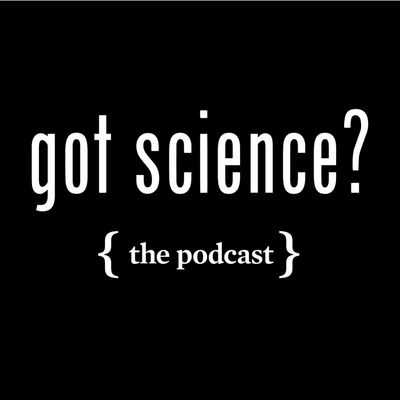
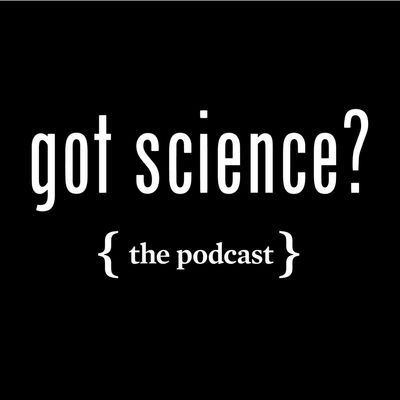
Episode 7: African Americans Against the Bomb: Connecting Nuclear Weapons and Racial Justice
Dr. Vincent Intondi, director of the Institute for Race, Justice, and Community Engagement at Montgomery College, talks about the forgotten history of African Americans against the nuclear bomb. In this interview he connects the fight against nuclear weapons with racial equality.
